Programs
- GEM
- GEMSTONES
- OPALS
- Siebel Scholars
- J. Yang Scholarship


About the Siebel Scholars Program
The Siebel Scholars program was established by the Siebel Foundation in 2000 to recognize the most talented business and computer science students at ten of the world's leading graduate schools. In 2009, bioengineering was introduced as a new program at five universities, including UC San Diego and Johns Hopkins University. Each participating university receives more than $2 million in grants for the selection of five graduate student recipients of the $35,000 scholarship awards, as determined by their outstanding academic performance and qualities of leadership.
The Siebel Scholarship awards at UC San Diego are administered by the Institute of Engineering in Medicine (IEM) and the Jacobs School of Engineering (JSOE) to reward academic excellence and leadership achievement in the discipline of bioengineering for Ph.D. students in all JSOE departments.
Instructions for nominating a Siebel Scholar from UC San Diego can be found here.
Select a year to view the Bioengineering Siebel Scholars from UC San Diego

Rayyan Gorashi is a Ph.D. candidate advised by Prof. Brian Aguado in the Shu Chien-Gene Lay Department of Bioengineering at the UC San Diego Jacobs School of Engineering. She seeks to understand the molecular mechanisms driving sex differences in the progression of heart disease using biomaterial-based in vitro models. Gorashi has received several accolades throughout her graduate studies, including election to the Bouchet Graduate Honor Society, ARCS scholarship, NIH F31 predoctoral fellowship, and NIH R00 diversity supplement fellowship. Outside of research, Gorashi fuels her passion for outreach and mentorship through the Bioengineering Graduate Society and Pathways to STEM Scholars (PATHS) program. Ultimately, she hopes to continue to encourage the next generation of bioengineers to pursue their passions and bring new innovations to our society.

Anthony Omole is a Ph.D. candidate in Prof. Nicole Steinmetz’s lab in the Aiiso Yufeng Li Family Department of Chemical and Nano Engineering at the UC San Diego Jacobs School of Engineering. His research is at the interface of virus nanotechnology for applications in cancer immunotherapy and sustainable agriculture. He has contributed to 10+ peer-reviewed articles. Omole is a recipient of the Merkin Fellowship to the Institut für Molekulare Biotechnologie at RWTH Aachen University, Germany. He is also a recipient of an Alfred P. Sloan University Center of Exemplary Mentoring Fellowship. His contribution to research is complemented by his outreach efforts through student mentorship at high school, community college, and public university levels. Within the Chemical and Nano Engineering department, he has served as the president of the Graduate Society for NanoEngineers. Omole plans to pursue a career as an academic professor with the intent to continue scientific research and mentorship.

Tom Park is a Ph.D. candidate in the Aiiso Yufeng Li Family Department of Chemical and Nano Engineering at the UC San Diego Jacobs School of Engineering. He is advancing wearable ultrasound technologies for continuous, non-invasive monitoring of deep-tissue hemodynamics. His research in Prof. Sheng Xu’s lab addresses unmet needs in cardiovascular, neurocritical care, and has been featured in leading journals such as Nature and Nature Biomedical Engineering. Bridging engineering and global health, he leads interdisciplinary efforts to expand diagnostic access in diverse clinical settings. Park has mentored more than 10 students across engineering disciplines and has been recognized for his leadership and academic excellence with awards including the Rita L. Atkinson Graduate Fellowship, MOGAM-KASBP Scholarship, Arthur and Janice Boni Entrepreneurial Fellowship, and first place in the NSF National Nanotechnology Entrepreneurship Challenge. Committed to translational science and impact-driven innovation, Park aims to advance healthcare equity through technology.

Keivan Rahmani is a Ph.D. candidate in the Aiiso Yufeng Li Family Department of Chemical and Nano Engineering at the UC San Diego Jacobs School of Engineering. He is advised by Prof. Zeinab Jahed. He is also an M.S. student in computer science at UC San Diego. His interdisciplinary research integrates AI, nanoelectronics, and electrophysiology to develop “intelligent in-cell electrophysiology,” enabling reconstruction of intracellular action potentials from non-invasive extracellular recordings in cardiomyocytes and neurons. He has authored 10 peer-reviewed publications, including a first-author paper in Nature Communications and a co-authored paper in Nature Nanotechnology, and has a pending patent. Committed to leadership and outreach, Rahmani has mentored over 50 graduate and undergraduate students. He has received multiple honors, including a $50,000 Kavli Institute for Brain and Mind Innovative Research Grant and a Best Poster nomination at the Materials Research Society Meeting. Ultimately, Rahmani aims to build a comprehensive, AI-driven pipeline — from drug selection to patient monitoring — to deliver proactive, physiology-guided therapies that advance personalized cardiac care.

Yiyan Yu is a Ph.D. candidate in the Shu Chien - Gene Lay Department of Bioengineering, advised by Prof. Liangfang Zhang. Her research focuses on cell membrane-based nanotechnologies for antiviral applications. Yu is interested in exploring engineering approaches for biomedical applications and has contributed to more than 20 peer-reviewed publications. In addition to research, she leads mentoring and learning initiatives and has served as an associate instructor and mentor in multiple programs supporting students.
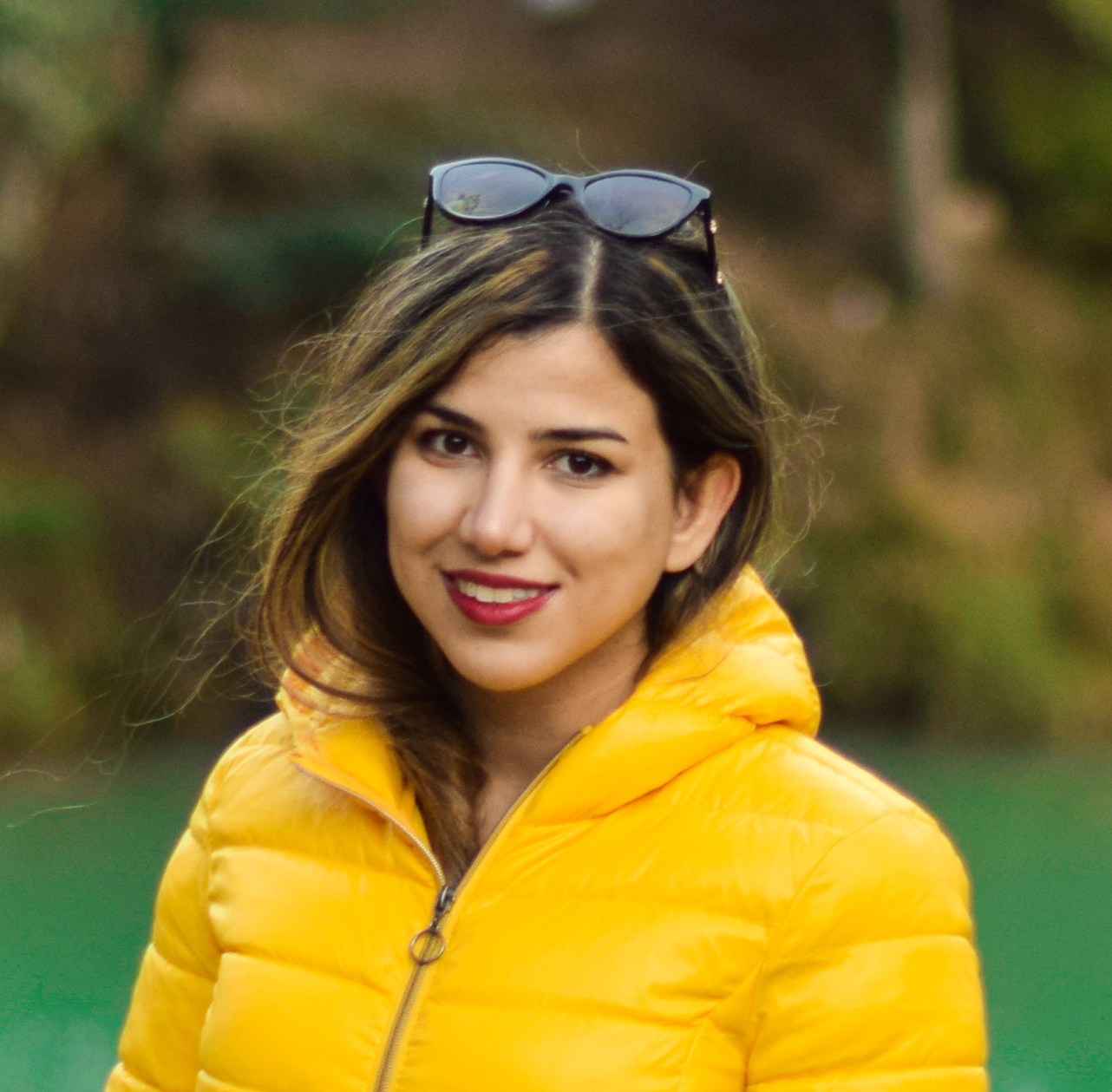
Helyaneh Ziaei Jam is a computer science and engineering Ph.D. candidate advised by Professor Melissa Gymrek. Her research focuses on developing methods to explore ancestral genome diversity and its impact on human traits. Jam is passionate about empowering students from underrepresented communities, and collaborates with research groups in Africa through various projects, mentorship, and workshops. She served as a mentor for GradWIC, an organization dedicated to empowering women in computer science. After graduation, she aims to pursue an academic career, contributing to inclusive healthcare practices through multi-ancestry research and mentorship.
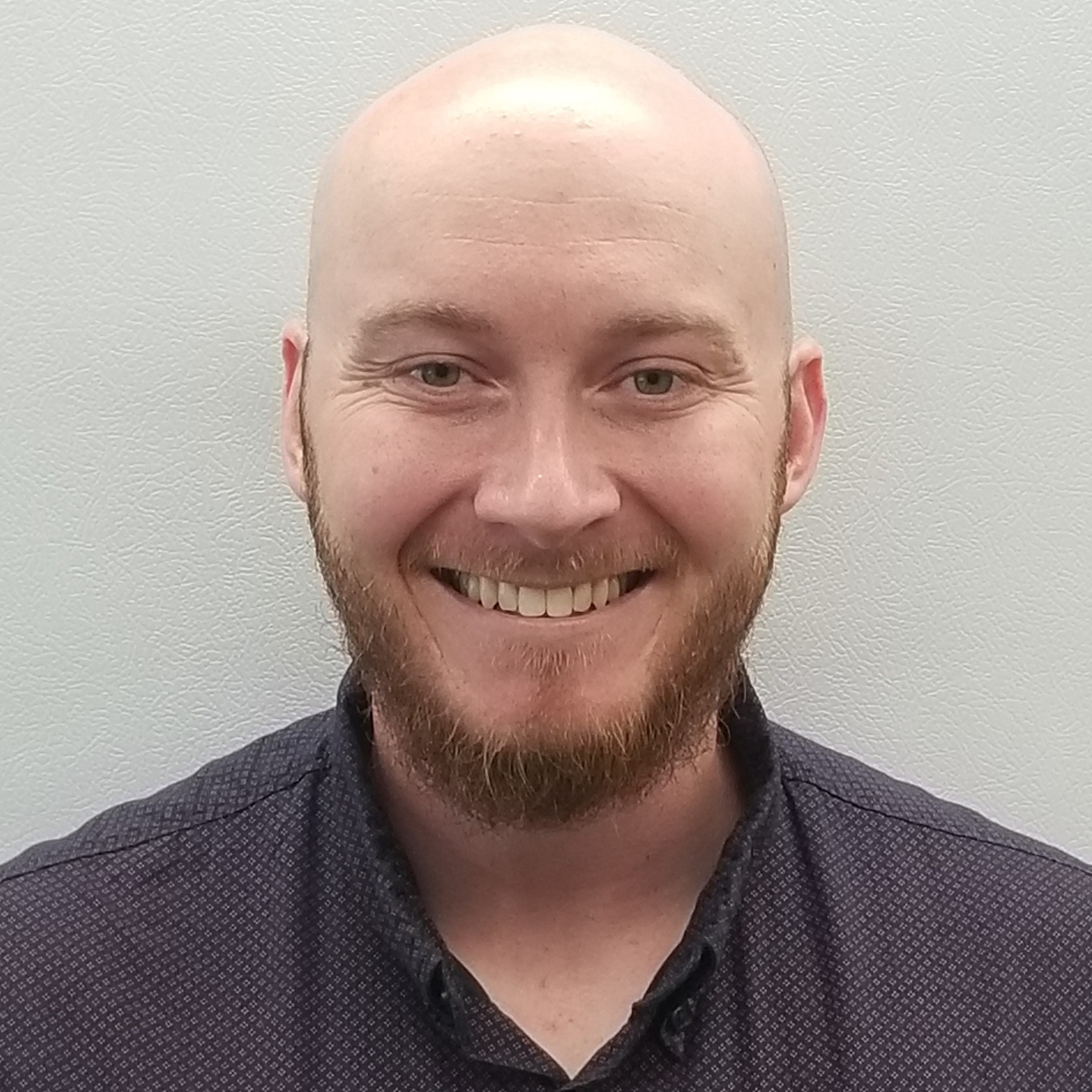
Wade Johnson is a nanoengineering Ph.D. candidate co-advised by Nisarg Shah and Dr. Nunzio Bottini. His research develops patient-tailored immunoregulatory therapies for autoimmune arthritis flares. Johnson’s work aims to treat autoimmune diseases without compromising the ability to fight infections. He has received NIH T32/F31 NRSA Fellowships and an ARCS scholarship, and enjoys mentoring students who have gone on to Ph.D. and M.D./Ph.D. programs. He plans to pursue a career in biotechnology entrepreneurship, developing biomedical technologies with a broad impact on autoimmunity.
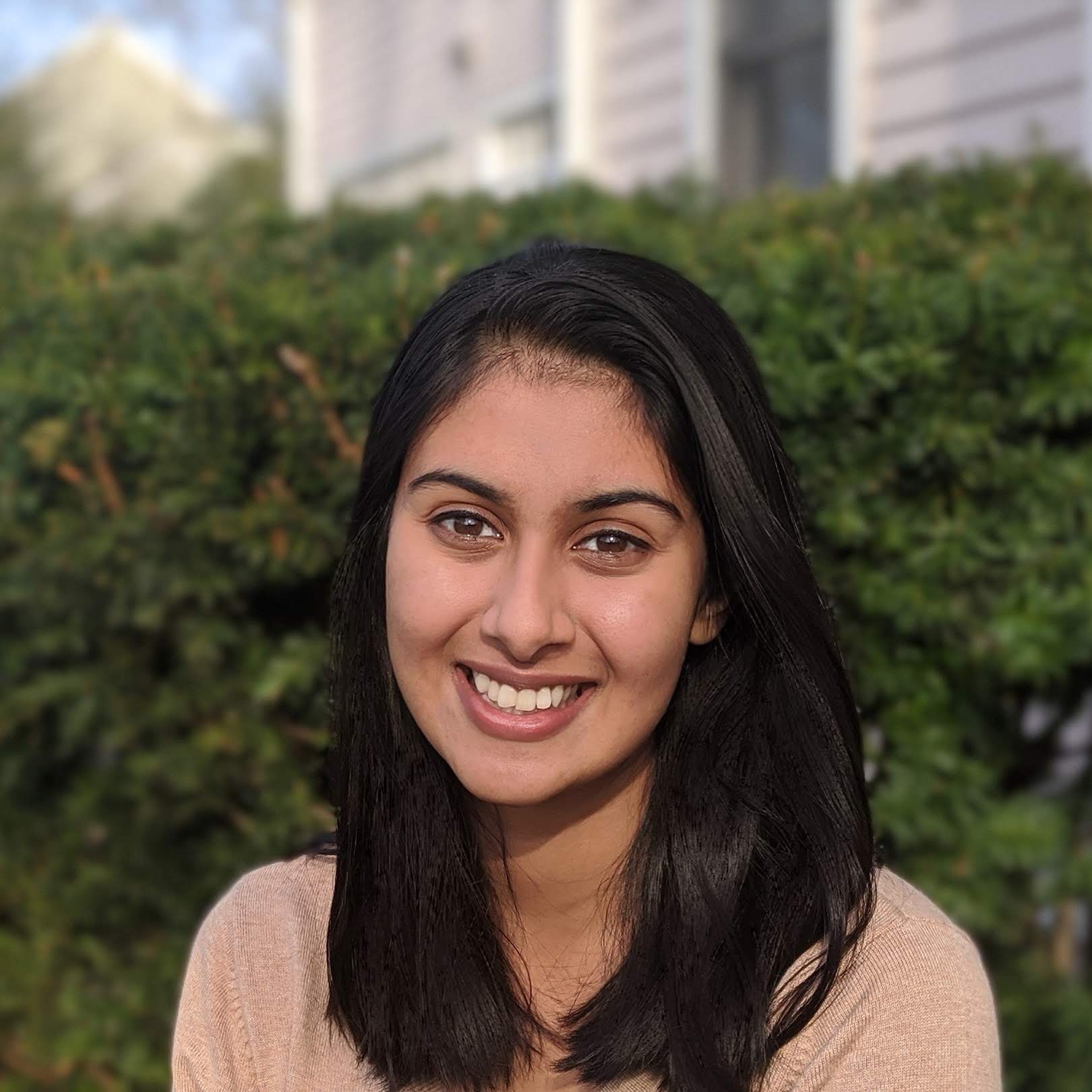
Nishta Krishnan is a nanoengineering Ph.D. candidate advised by Professor Liangfang Zhang. Her research leverages cell membrane coating technology to engineer therapeutic formulations against cancer. She has published over 20 peer-reviewed papers and is a recipient of the NSF Graduate Research Fellowship and ARCS Scholar Award. As President of the Jacobs Graduate Student Council, Krishnan has led initiatives to improve graduate student welfare, and mentors junior students in her lab and through programs like JUMP and GradAMP.
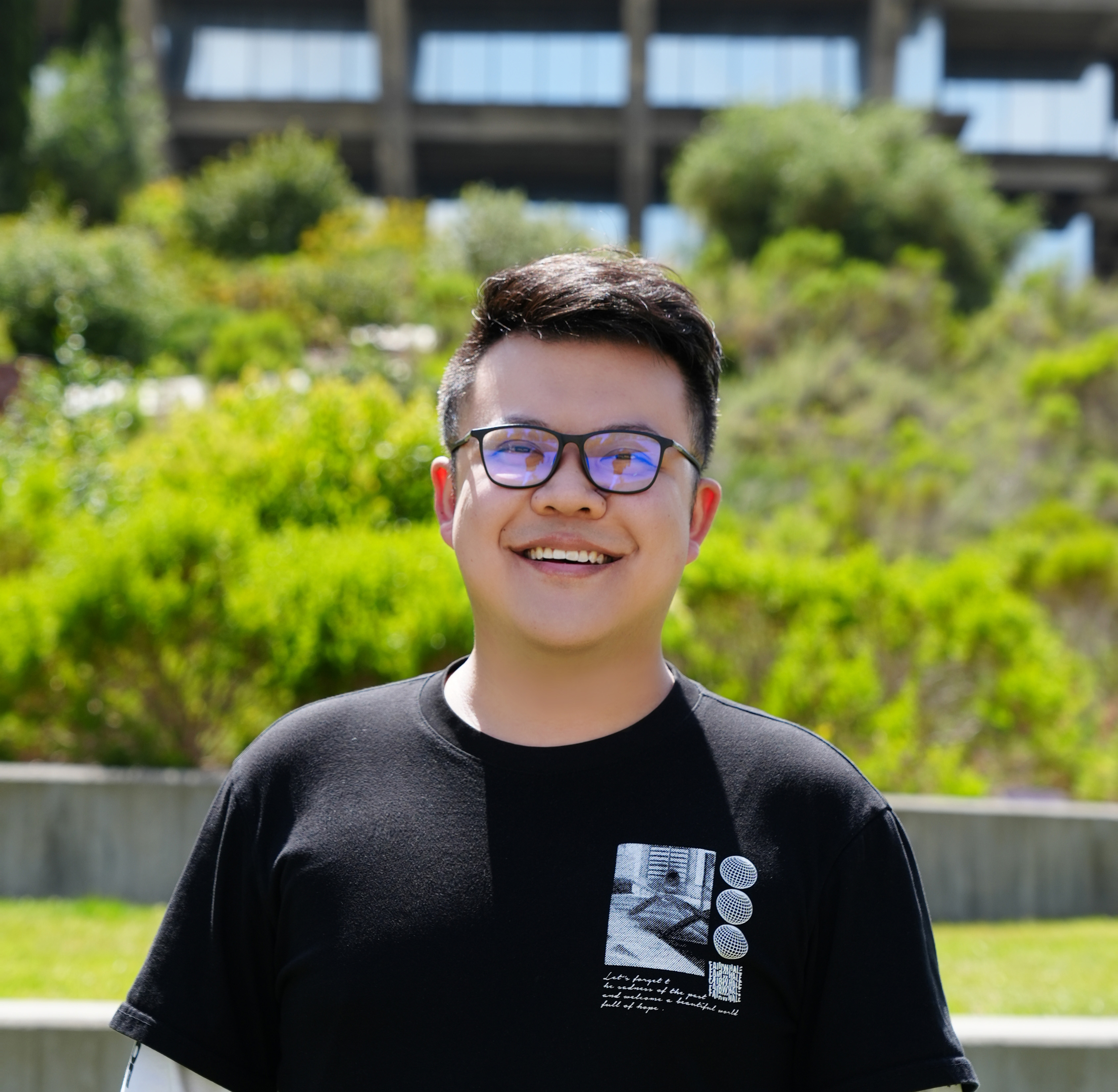
Zhengxing Li is a materials science and engineering Ph.D. candidate advised by Professor Joseph Wang. Li develops a biohybrid microrobot platform for in vivo biomedical applications, targeting inflammatory bowel disease and lung metastasis progression. Li’s collaborative efforts have resulted in 13 published articles, with six manuscripts under review in journals like Nature Materials. He is also an active peer reviewer and mentor to junior students, sharing his research insights and expertise.
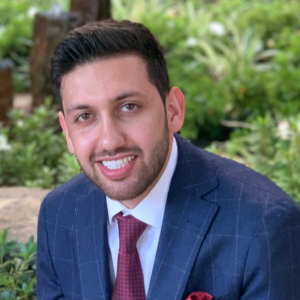
Einollah Sarikhani is a nanoengineering Ph.D. candidate advised by Professor Zeinab Jahed. His research focuses on engineering nanoscale bioelectronic devices for advanced sensing and targeted delivery. Sarikhani’s work has led to the publication of over 10 papers and earned him several fellowships, including the Merkin Fellowship and Kavli Fellowship. He is committed to bridging the gap between engineering and medicine, aiming for a career in biotechnology consulting and entrepreneurship.
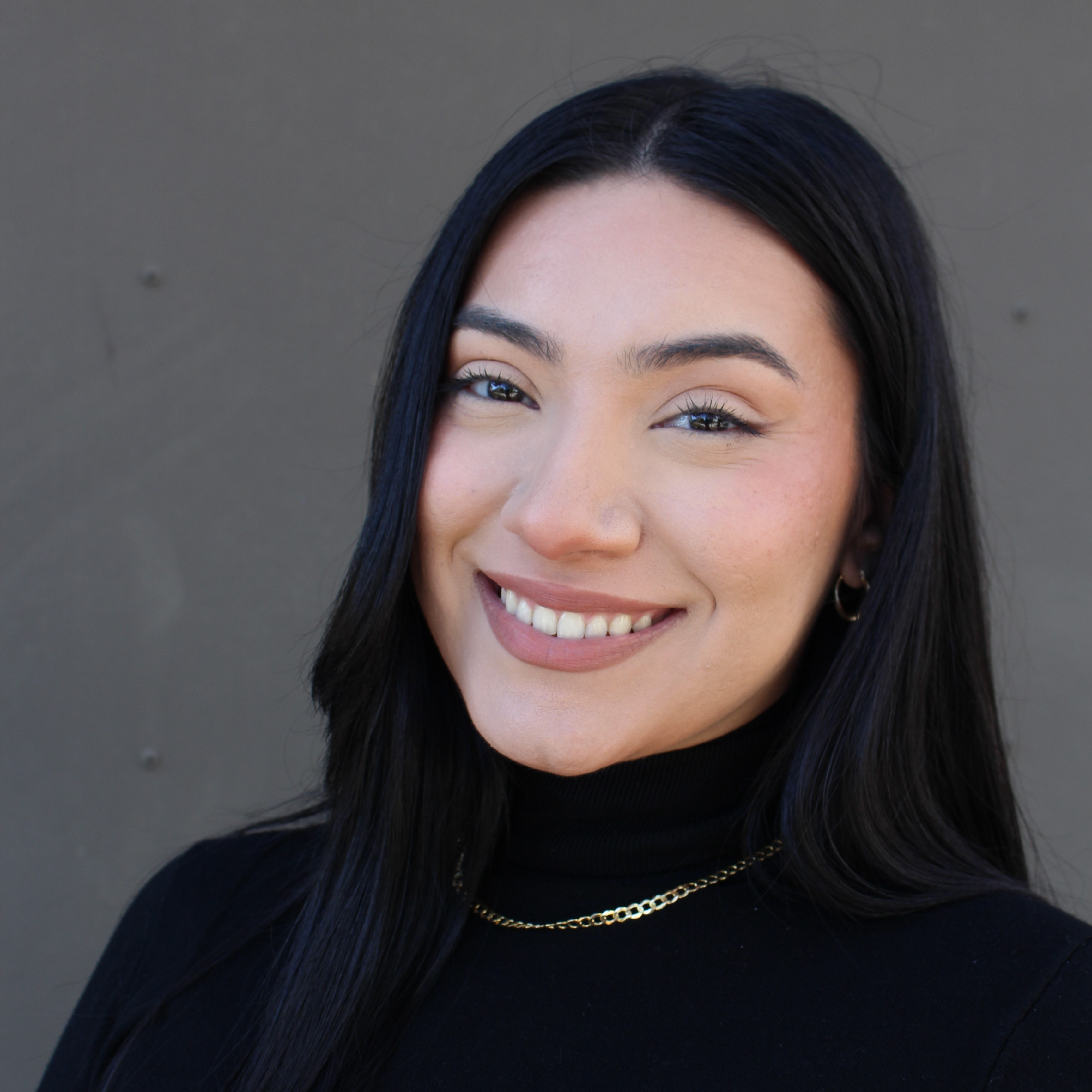
Gisselle Gonzalez is a bioengineering PhD candidate in the lab of Professor Adam Engler. She studies the use of engineered conductive polymer matrices for stem cell-derived cardiomyocyte maturation as a National Science Foundation and San Diego Predoctoral Fellow. Gonzalez advocates for early access to STEM for underrepresented minority students through STEM outreach events and mentorship. She continues to provide guidance to students as they pursue STEM careers. Gisselle received her bachelor's degree in biomedical engineering from the University of Arizona, where her research focused on extracellular matrix structures for wound healing and biological models.
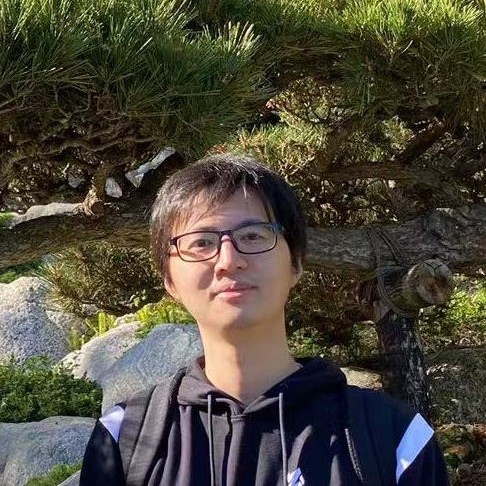
Zhongyuan Guo is a PhD student in nanoengineering advised by Professor Liangfang Zhang. His research focuses on biomimetic nanocarriers and nanovaccines, capturing toxins onto cell membrane-coated nanoparticles. Guo has published 14 scientific papers and is involved in the Graduate Society for NanoEngineering. He is a dedicated mentor to undergraduate students, empowering them to design and conduct independent experiments.
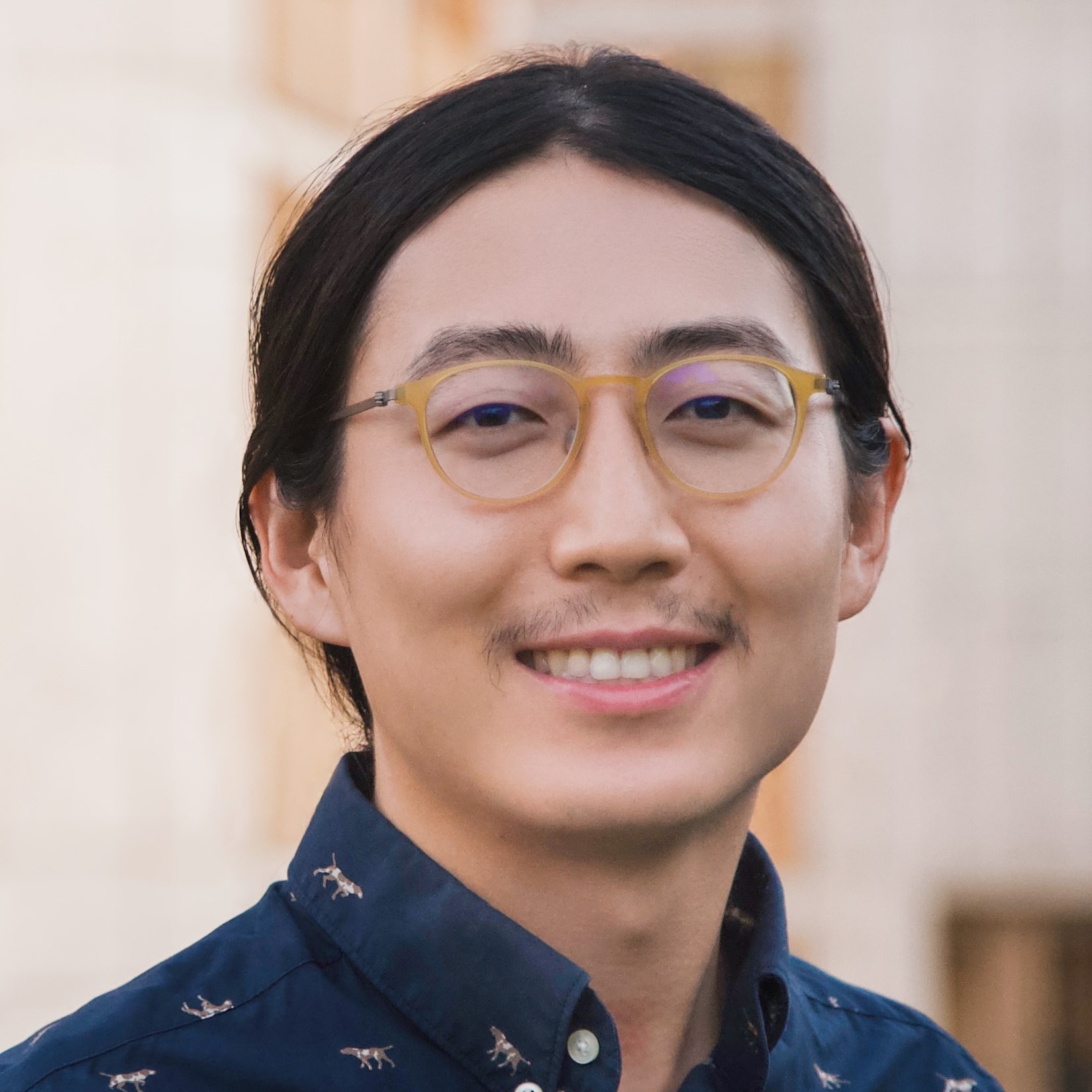
Bojing Blair Jia is an MD-PhD candidate in the Bioinformatics & Systems Biology program at UC San Diego advised by Professor Bing Ren. He develops new imaging technologies to resolve genomic sequences in single cells and introduced the "spatial genome aligner" algorithm. Jia, an MD-PhD student with a physical disability, is passionate about patient advocacy and volunteers with the UCSD Medical Scientist Training Program Disability and Chronic Illness group.
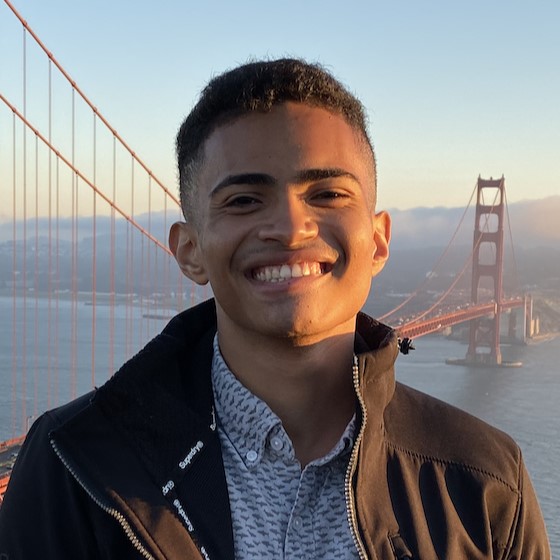
Josh Mesfin is a PhD candidate in bioengineering advised by Professor Karen Christman. His research focuses on evaluating biomaterials for myocardial infarction treatment. Mesfin is a Sloan Scholar, ARCS Scholar, and a recipient of the NHLBI T32 Training Grant and an American Heart Association predoctoral fellowship. He is committed to advocating for underrepresented minorities in STEM through mentorship and application support.
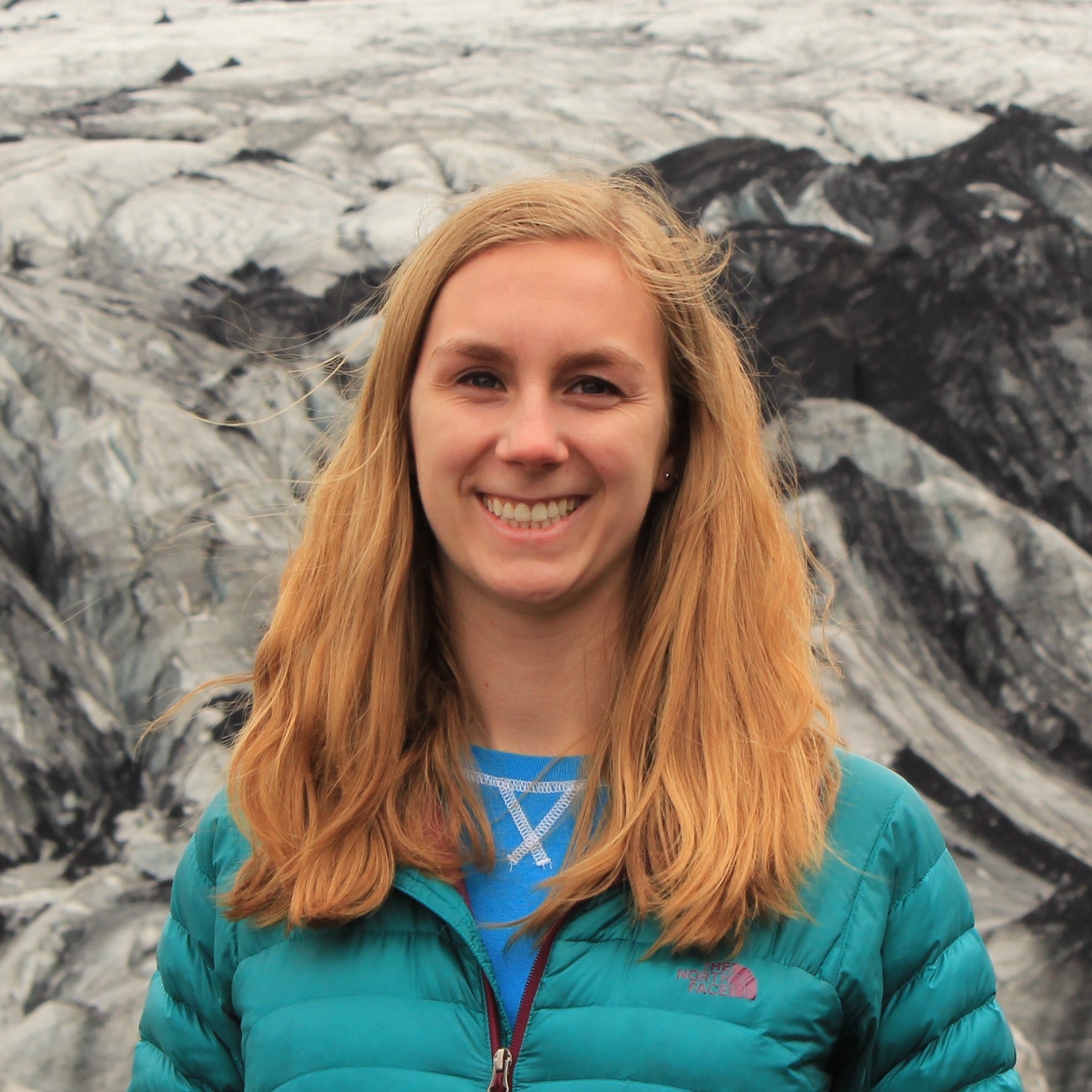
Madison Wilson is a PhD student in electrical engineering advised by Professor Duygu Kuzum. Her research focuses on developing transparent electrode arrays to study cortical organoids. Madison is also president of the ECE Graduate Student Council and co-creator of Escribamos Ciencia, a program teaching scientific English to bilingual middle school students in Baja California, Mexico.
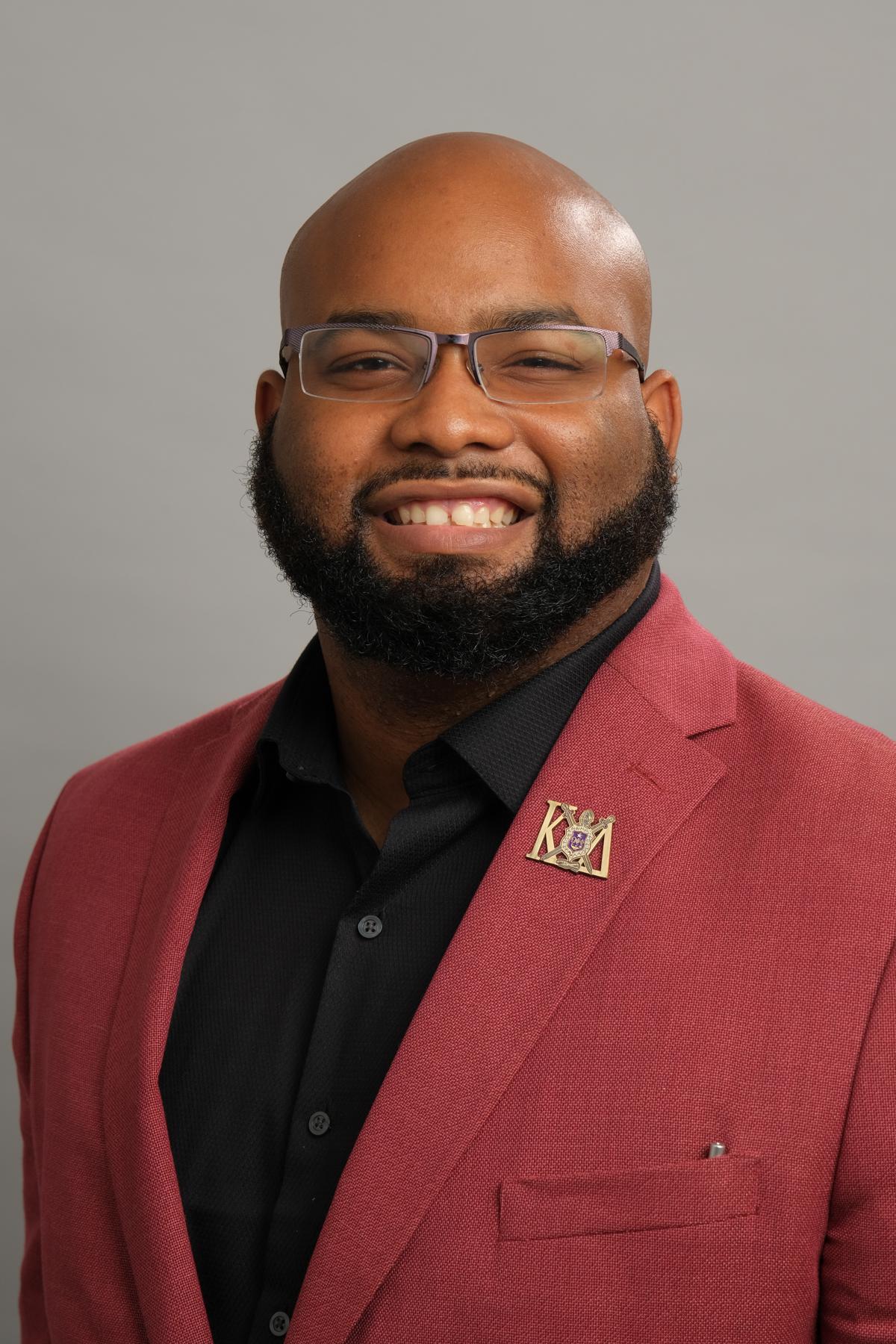
Jervaughn Hunter received his B.S. in biomedical engineering and completed a NIH funded Post-Baccalaureate Research Education Program at the University of Alabama at Birmingham. He is currently a bioengineering Ph.D. candidate at UC San Diego advised by bioengineering professor, Dr. Karen Christman. His research focuses on utilizing injectable therapeutics to treat pediatric right ventricular heart failure. Jervaughn has received several accolades such as being selected as a Sloan, Gordon, and ARCS scholar, and awarded a NHLBI T32 training grant and NIH F31 diversity pre-doctoral fellowship. Outside of research, Jervaughn advocates for underserved populations and improves science communication through multiple graduate organizations and as a co-founder of a health care focused non-profit. His goal is to inspire students to excel in STEM and innovate in bioengineering.
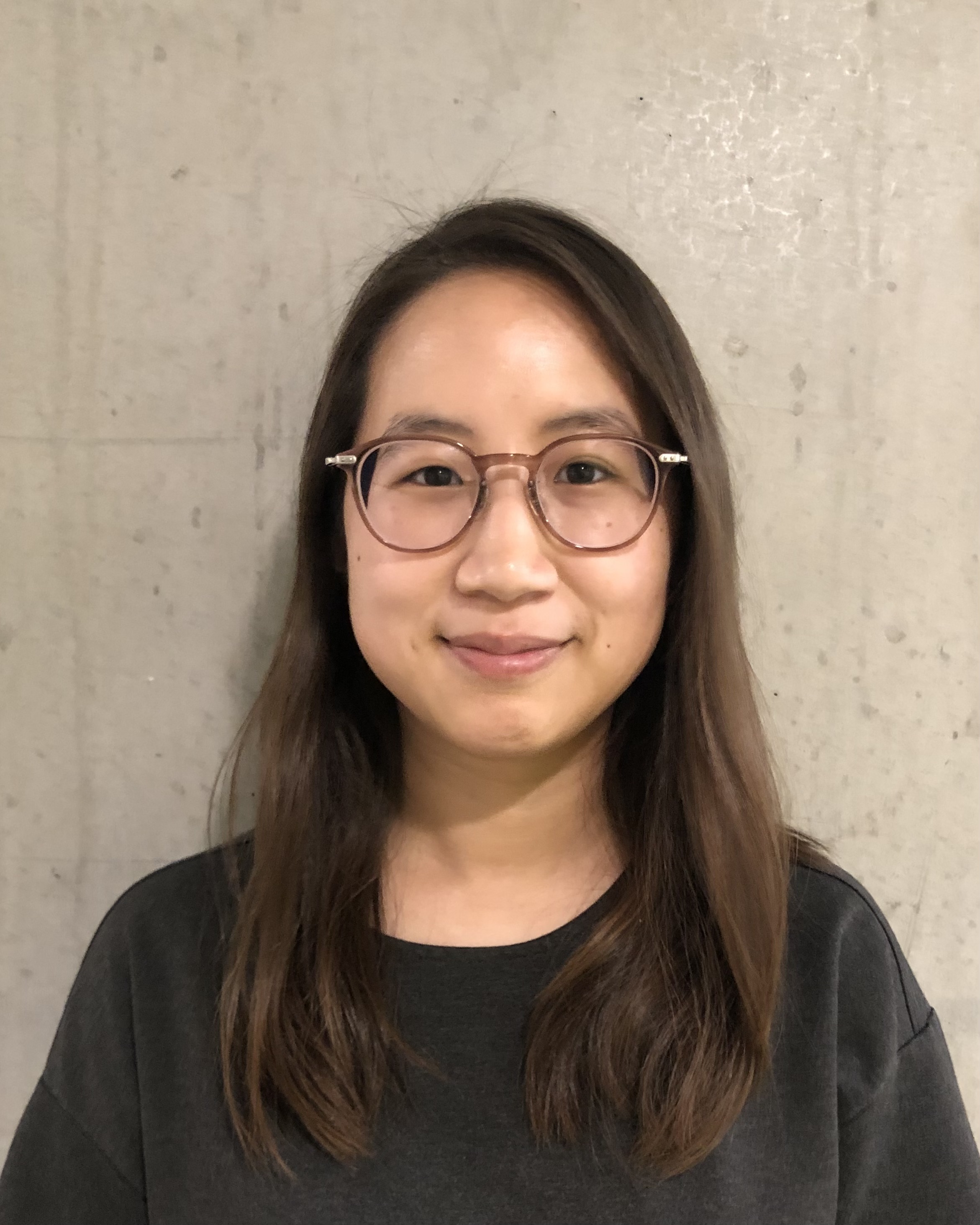
Esther Lim is a PhD candidate in Bioengineering at UC San Diego. She graduated magna cum laude from Cornell University and received her M.S. in Biotechnology from the University of Pennsylvania. In Christian Metallo’s lab at the Salk Institute, she studies how amino acid metabolism impacts lipid diversity in disease and aging. Her expertise has led to interdisciplinary collaborations and multiple high-impact publications. During her time at UCSD, she has been a Sloan Scholar, received a T32 NIH Fellowship, and served as co-chair of Women in Bioengineering. She has also been a graduate mentor since 2017.
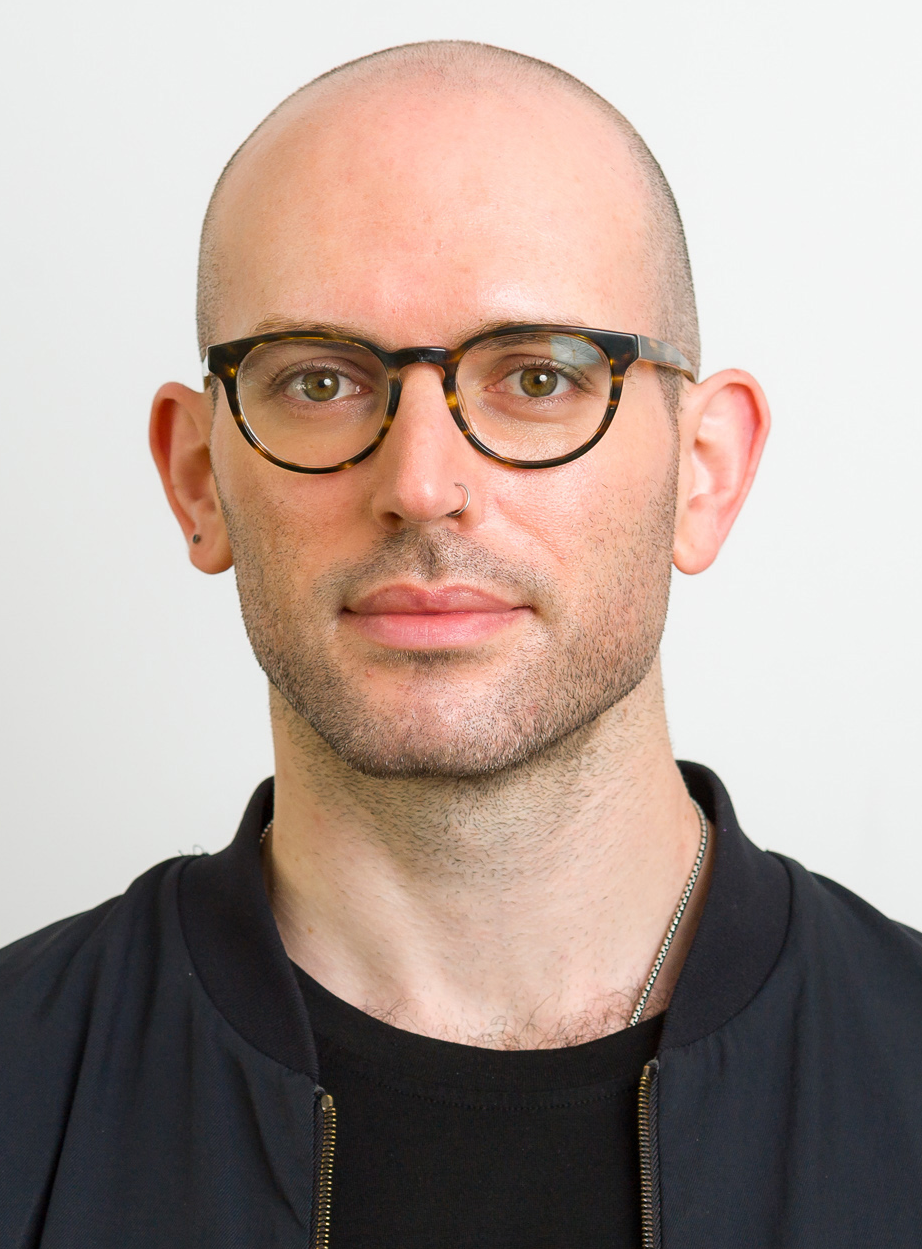
Jonathan Pekar is a Ph.D. candidate in Bioinformatics and Systems Biology at UC San Diego. He earned his B.A. in biology from Williams College and M.S. in Bioengineering from UCSD. Advised by Dr. Joel Wertheim, his research focuses on the emergence and evolution of viral pandemics, including SARS-CoV-1 and SARS-CoV-2, and tracking HIV epidemics. Jonathan's work involves collaborations with virologists, biologists, and epidemiologists. He also co-founded the Diversity and Science Lecture Series at UCSD, which has expanded to other universities.
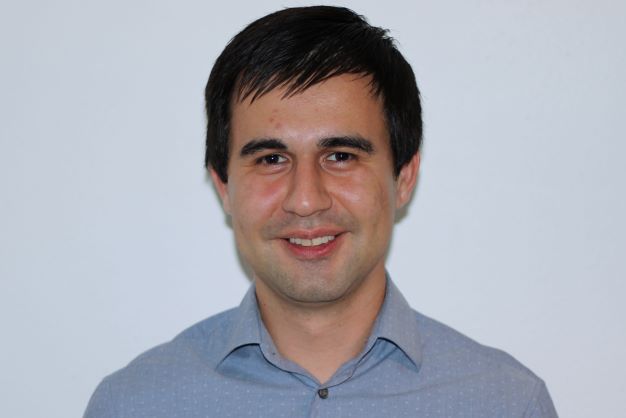
Erick Armingol is a Ph.D. candidate in Bioinformatics & Systems Biology at UC San Diego. He received his degree in Molecular Biotechnology from the Universidad de Chile. For his Ph.D. study, Erick was awarded a Fulbright Scholarship and a Becas Chile scholarship. His research in Nathan E. Lewis’ lab focuses on cell-cell interactions using single-cell data, with a goal to better understand disease-related interactions. Erick also co-founded multiple startups in bioengineering, helping scientific entrepreneurs succeed by offering lab infrastructure and advising on business aspects like legal and financial matters.
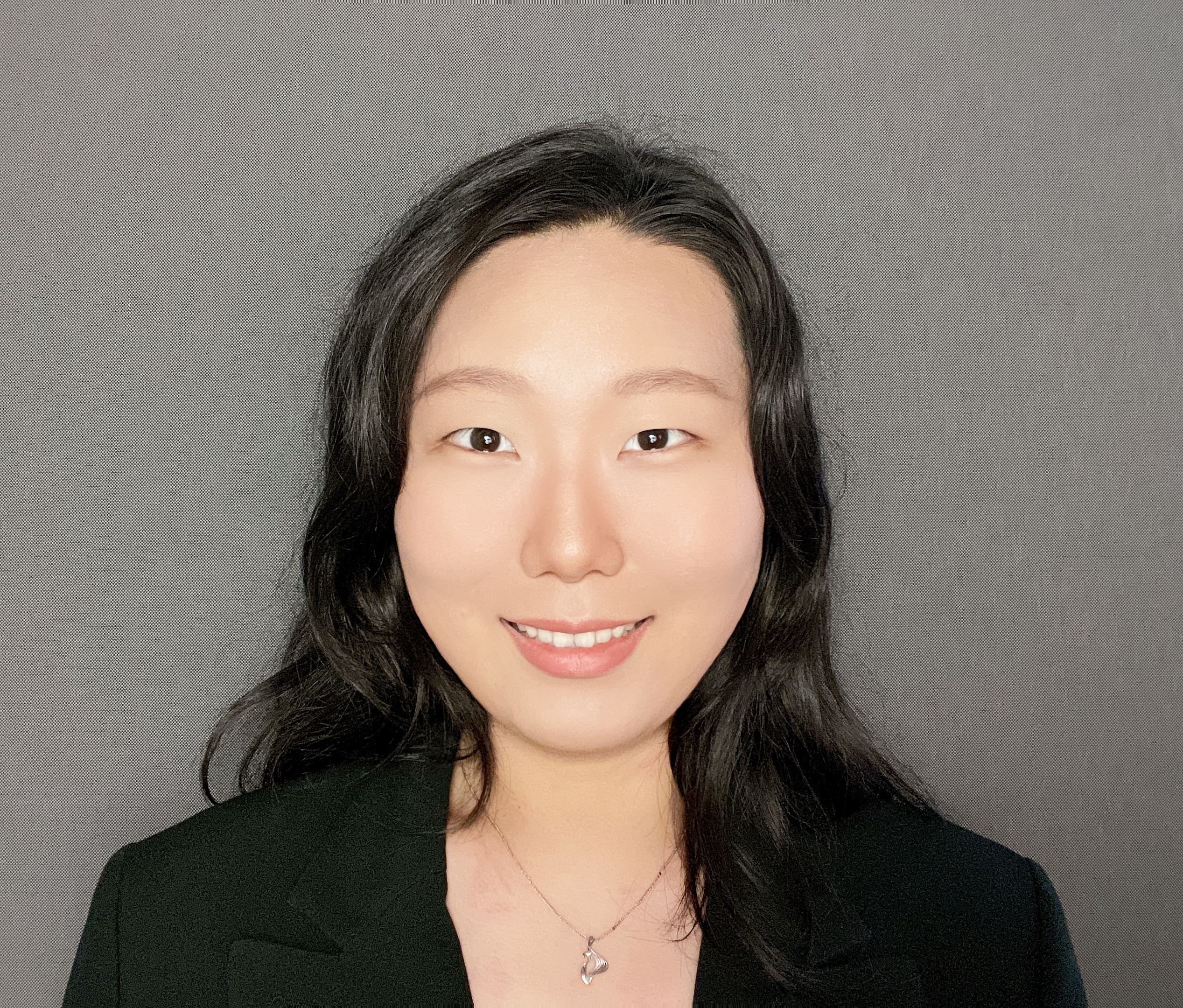
Yue Qin obtained her Bachelor of Science with Magna Cum Laude in Bioinformatics at UCSD, where she continued her Ph.D. training in the Bioinformatics and Systems Biology program, mentored by Dr. Trey Ideker. Her research develops novel machine learning approaches to build structurally descriptive and functionally predictive models for human cells. She has won numerous awards, including the NCI Predoctoral to Postdoctoral Transition Award (F99/K00), and is passionate about mentoring and helping others through various student organizations.

Daril Brown is an electrical and computer engineering Ph.D. student under the dual advisement of electrical engineering professor Vikash Gilja and psychology professor Timothy Gentner. His research seeks to establish songbirds as a novel animal model for the development of a human speech prosthesis. Brown has been awarded an NSF Graduate Research Fellowship and a UC-HBCU Fellowship. He earned his bachelor’s in mechanical engineering from Howard University and his master’s in bioengineering at UC San Diego. His extensive mentorship efforts have earned him induction into the Bouchet Honors Society. Brown is a strong advocate for science literacy and accessibility and plans to forge a career developing translational neurotechnology.

Andrea Castro is a bioinformatics Ph.D. candidate in Hannah Carter’s lab at the UC San Diego School of Medicine. Her research focuses on the relationship between patient genetic diversity in the immune system and tumor evolution. Castro leverages large-scale datasets to explore immune surveillance and selection on tumors, and is passionate about improving immunotherapy treatments for diverse patients. She earned her bachelor’s degree from UCLA in microbiology, immunology, and molecular genetics, and her master’s in computer science from UC San Diego. Castro enjoys mentoring and is dedicated to supporting the next generation of diverse scientists.

Pamela Duran is a bioengineering Ph.D. candidate co-advised by bioengineering professor Karen Christman and Dr. Marianna Alperin. Her research focuses on understanding the pathophysiology of pelvic floor muscle dysfunction after vaginal delivery, and the use of biomaterials to prevent and treat these conditions. Duran has received numerous fellowships, including an NIH F31 diversity pre-doctoral fellowship, and is committed to advancing women’s health and increasing diversity in STEM fields. She mentors students through programs like ENLACE, which connects students from the U.S. and Mexico through shared research experiences.

Lauren Severance is a bioengineering Ph.D. candidate advised by Professor Elliot McVeigh. Her research focuses on early screening for coronary artery disease by developing methods for detecting coronary artery calcium. Severance has received multiple accolades, including an NIH F31 fellowship, and her publications have been recognized by leading preventive cardiologists. Beyond research, she is passionate about scientific communication and serves as a representative for the UC San Diego Center for Ethics in Science and Technology.

Jiarong Zhou is a nanoengineering Ph.D. candidate advised by Professor Liangfang Zhang. His research involves using cell membrane coating technology to develop multivalent nanovaccines against cancer, bacteria, and parasites. Zhou has received numerous fellowships, including the prestigious Ford Fellowship. He has served in leadership roles such as president of the Jacobs Graduate Student Council and VP Internal of healthcare startup incubator Blue LINC. Zhou is also passionate about mentorship, actively participating in programs like JUMP and GradAMP.
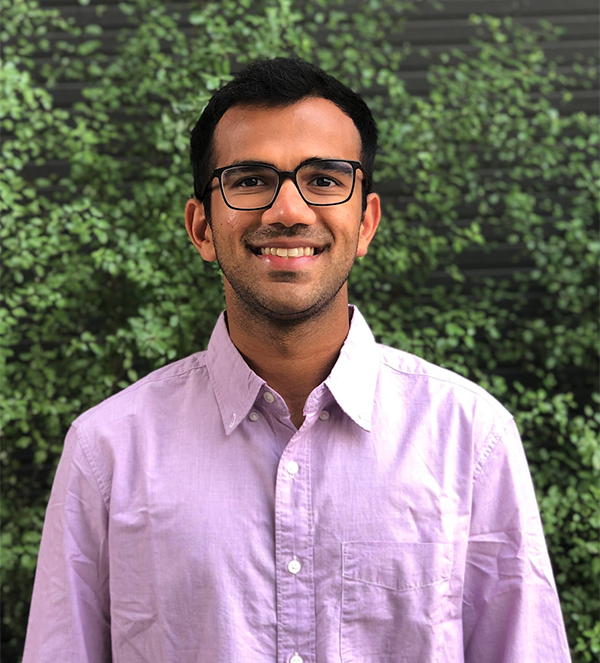
Dhruva Katrekar is a Ph.D. candidate in the department of Bioengineering at UC San Diego, working towards addressing key challenges in in vivo gene therapy. Advised by Professor Prashant Mali, Katrekar has developed an RNA editing tool to treat rare genetic disorders. He has earned multiple awards for presentations at premier gene therapy conferences, and his work is widely recognized in the research community. Katrekar also holds multiple provisional patents for his inventions. His future goals include translating his research into clinical practice to benefit patients with rare genetic disorders.
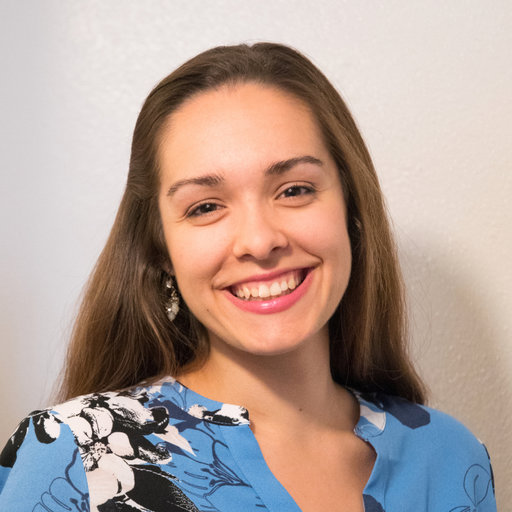
Gabrielle Colvert is a Ph.D. candidate in the Bioengineering Department at UC San Diego. She graduated Magna Cum Laude from the University of Southern California with a B.S. in Biomedical Engineering. Her research in Dr. Elliot McVeigh’s lab focuses on developing non-invasive methods to evaluate cardiovascular function using 4DCT. Colvert has established successful collaborations with physicians and industry partners, leading to multiple co-authored manuscripts. She has been awarded an NIH F31 fellowship and is an ARCS Scholar. Outside of UCSD, Colvert volunteers for an organization that empowers girls to be leaders and problem-solvers.
Gregory Poore received a BSE in Biomedical Engineering from Duke University, graduating Summa Cum Laude. He is currently in his fourth year of the UC San Diego Medical Scientist Training Program (MSTP). His research focuses on the interactions between intratumoral microbes, cancer cells, and immune cells, a field he has termed the immuno-oncology-microbiome (IOM) axis. Poore has published groundbreaking work in this area and is passionate about addressing food insecurity through community service.
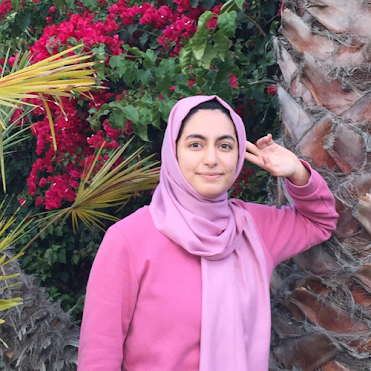
Haleh Alimohamadi is a Ph.D. candidate in the Mechanical and Aerospace Engineering Department at UC San Diego, advised by Professor Padmini Rangamani. Her research develops computational models to study membrane deformation caused by curvature-inducing particles, such as proteins. She has published multiple manuscripts and is an active member of the MAE women's graduate group, where she engages with the student community and develops her leadership skills.
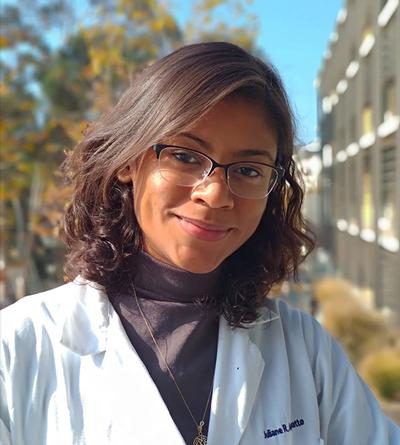
Juliane Sempionatto Moreto is a Ph.D. candidate in the department of Nanoengineering at UC San Diego, working in Prof. Joseph Wang's Laboratory for Nanobioelectronics. Her research focuses on developing non-invasive wearable biosensors with real-world applications. Sempionatto Moreto has earned five patents, two of which were licensed to a company for development. She is committed to diversity and mentorship, having mentored several undergraduates and high school students, and co-authored multiple papers with them.
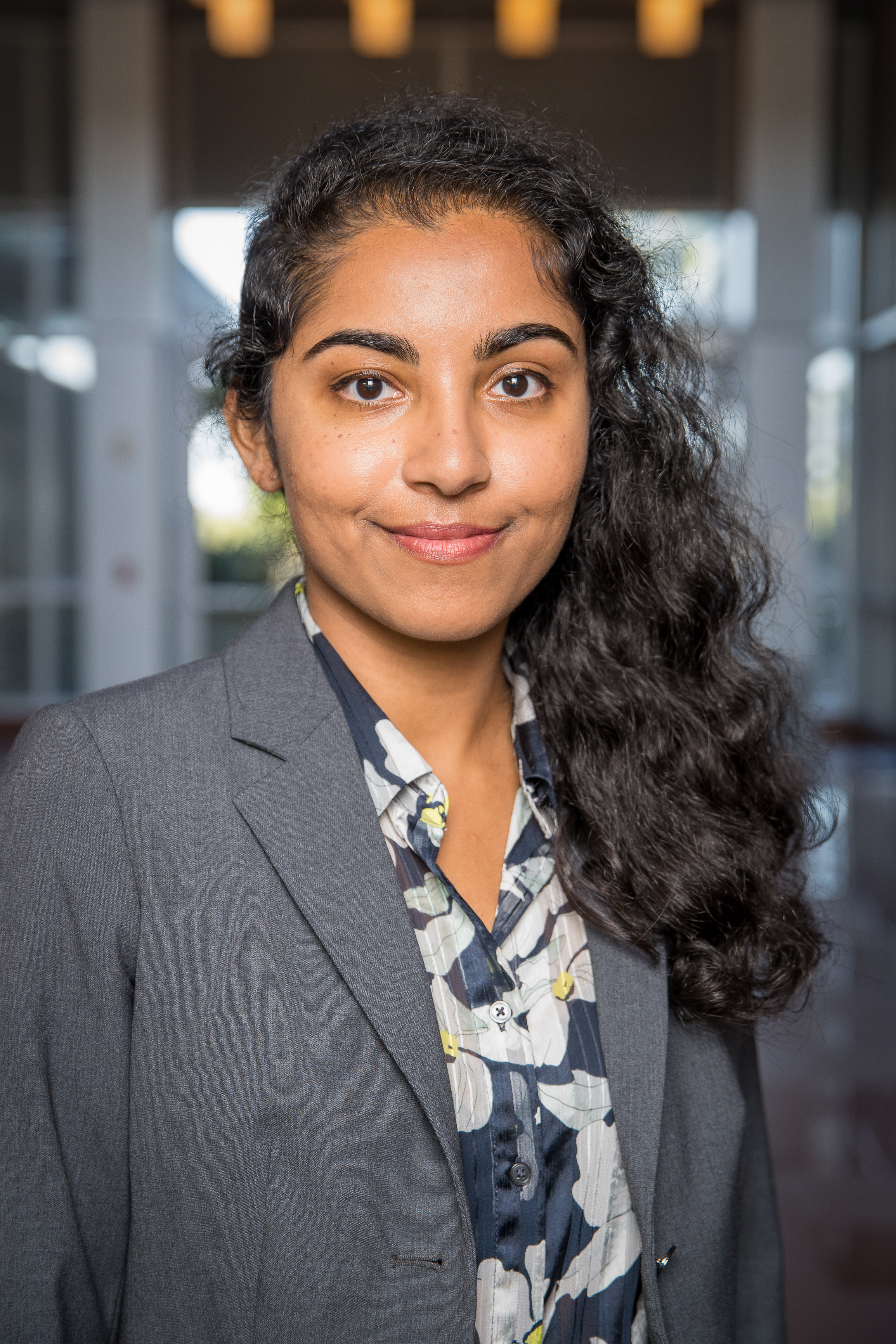
Pranjali Beri is a Ph.D. candidate at UC San Diego in the department of Bioengineering. Pranjali received her B.S. in Bioengineering at UC Berkeley, graduating with high honors. As one of the senior graduate students in the lab of Dr. Adam Engler, she has excelled as a researcher and scholar. Her Ph.D. research focuses on utilizing adhesion strength of cancer cells to the extracellular matrix (ECM) as a potential biophysical marker for metastatic ability. She has accumulated a solid publication record at UC San Diego and has been the driving force behind our new efforts in cancer mechanobiology. She has been involved in the larger Bioengineering community, such as mentoring under-represented summer undergraduate students in the REU and STARS programs.
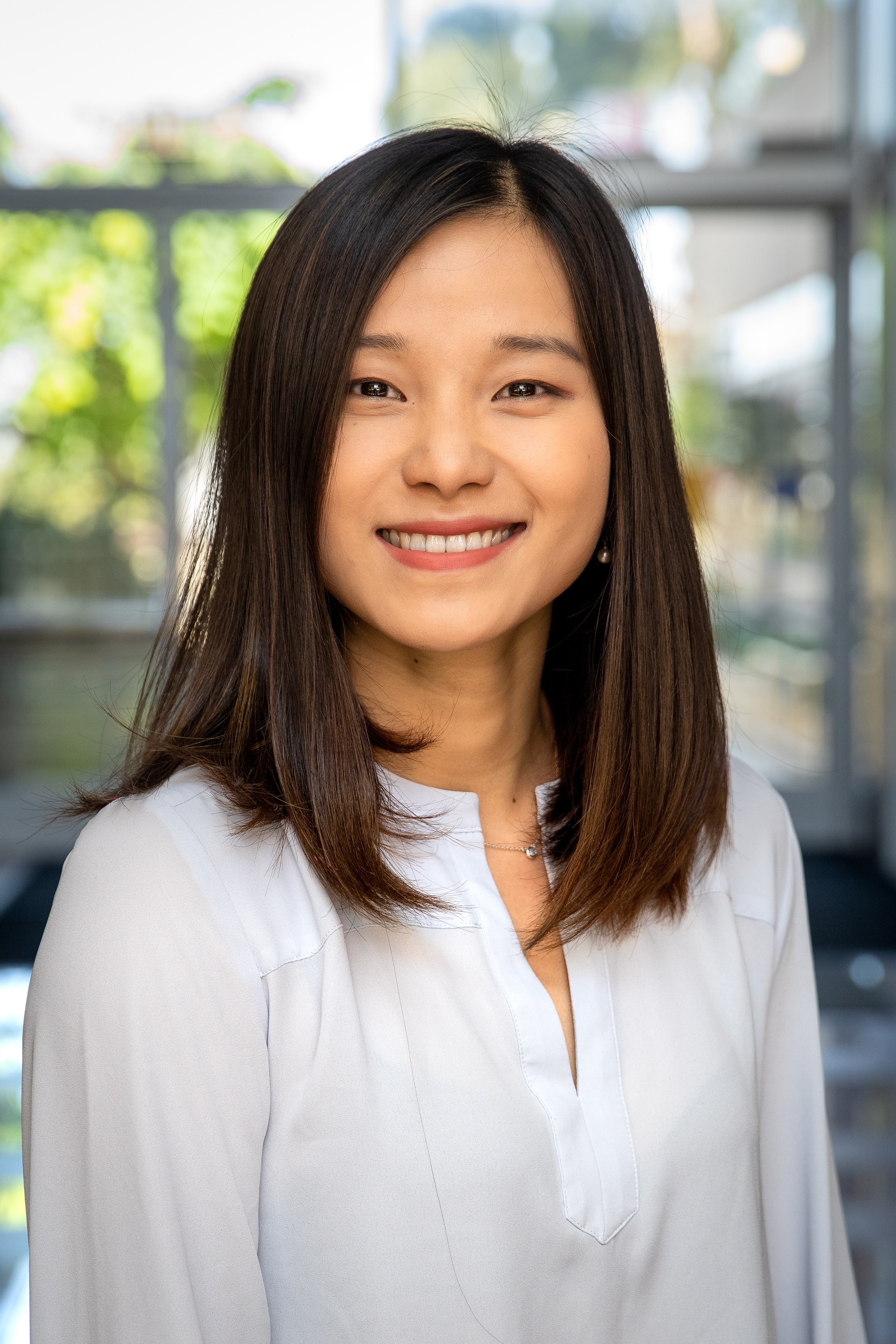
Xin Fang is a Ph.D. student in the department of Bioengineering under the advisement of Professor Bernhard Palsson. Xin received her B.S in Chemical and Biomolecular Engineering at Johns Hopkins University in 2014 with multiple awards. Xin has established herself as an exceptional student and researcher at UC San Diego. Xin is studying the gut microbiome in inflammatory bowel disease (IBD) using a combination of next-generation sequencing data, systems biology approaches, and bioinformatics tools. She is consistently one of the top performing students in her classes, passed her qualifying exam 'with distinction' AND was awarded the Microbiome AND Microbial Science Initiative Graduate Student Fellowship BY CMI AT UC San Diego. She has also demonstrated her commitment TO the Bioengineering community through the LONG-term mentorship of nine undergraduate students through the BMES AND JUMP programs.

Vishwajith (Vish) is a 4th YEAR Bioengineering Ph.D. student co-advised BY Dr. Gert Cauwenberghs IN Bioengineering AND Dr. Nadir Weibel IN Computer Science AND Engineering. Vish earned his B.S. IN Bioengineering AT UCLA, WHERE he served AS President of the International Society FOR Pharmaceutical Engineering. His Ph.D. thesis focuses ON creating software - machine learning AND SIGNAL processing - tools TO identify AND assess neurological disorder symptoms FROM multimodal DATA acquired through various sensors. ONE of his main projects, UbiStroke, IS aimed AT development AND application of NEW technology TO characterize stroke AND HELP WITH its diagnosis. He has been highly productive IN his research, which includes two FIRST-authored conference papers, two journal papers, six posters AND abstracts AT engineering conferences, AND several journal papers IN the pipeline. Additionally, Vish dedicates TIME AND effort IN educational outreach TO serve the broader Bioengineering community.
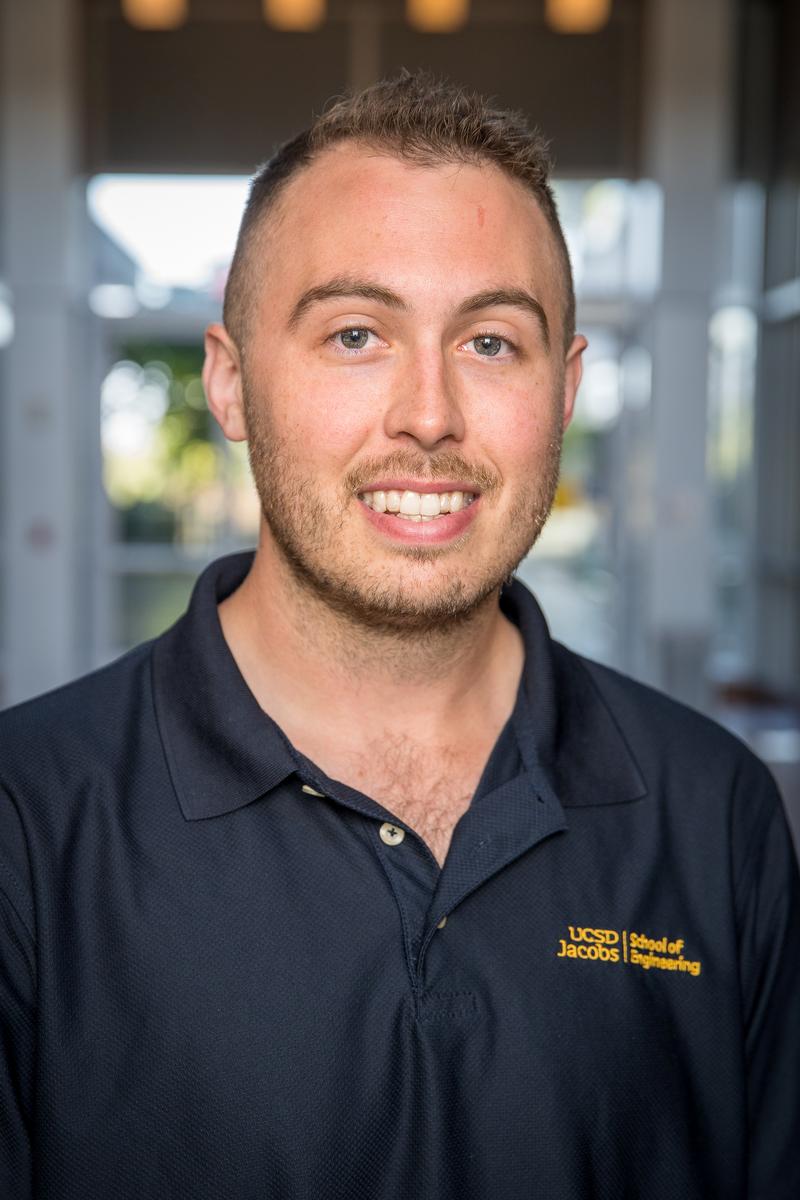
Martin (Marty) Spang is a Ph.D. candidate at UC San Diego in the department of Bioengineering under the advisement of Dr. Karen Christman. Marty received his B.S. in Biomedical Engineering from Ohio State with Honors Research Distinction, and prior to starting at UC San Diego, he received a prestigious Whitaker Fellowship to perform research at the Cardiff University School of Optometry and Vision Sciences. His thesis is centered on the development of biomaterial therapies to repair the heart after a myocardial infarction (MI). Marty has an exceptional record of accomplishment of leadership, such as serving as the President of the Bioengineering graduate student group (BEGS) at UC San Diego for two years. Additionally, he is a Gordon Leadership Fellow and an Entrepreneurism Fellow with the Institute of the Global Entrepreneur. He is also an engaged and active mentor in ENLACE, a program where he mentors two students from Mexico as part of a summer UC San Diego program for high school students.
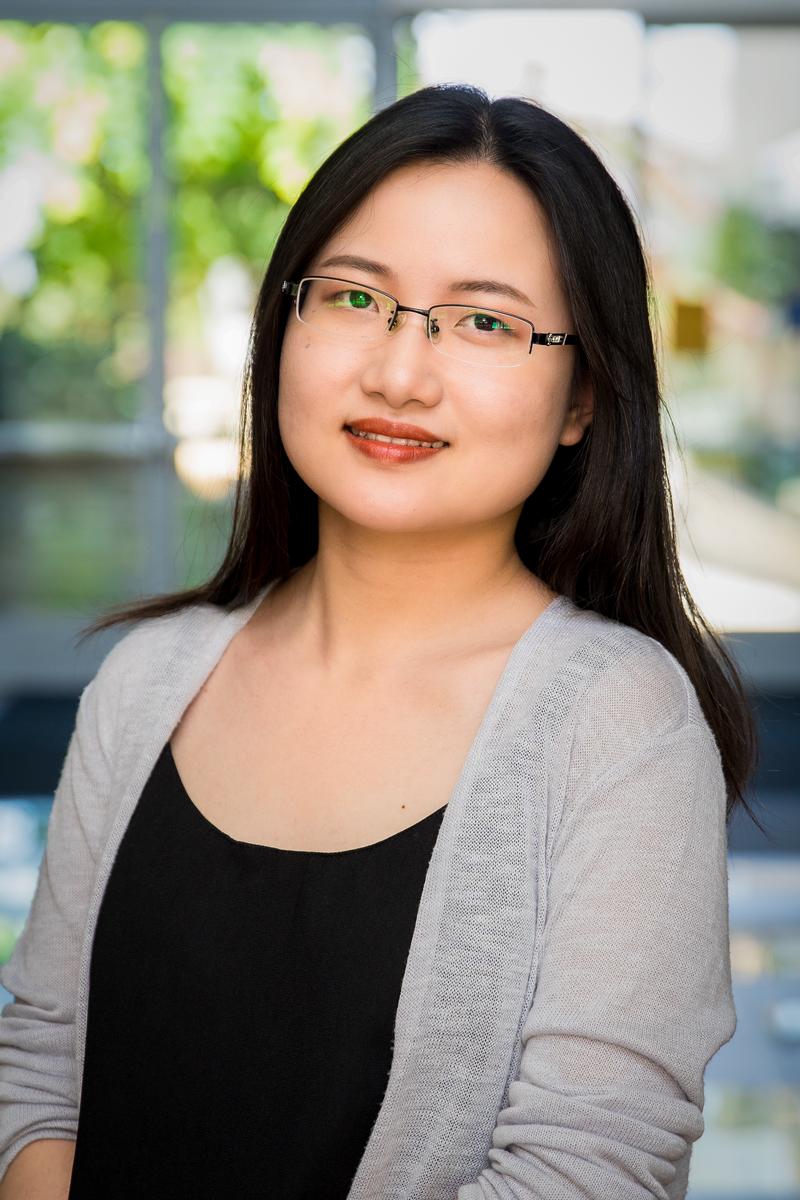
Yiqian (Shirley) Wu is a student in the UC San Diego Bioengineering Ph.D. program in the lab of Dr. Yingxiao Wang. Shirley has demonstrated exceptional leadership in engineering and applied research. Her research is focused on engineering T cells that can recognize solid tumor antigens, such as prostate cancer antigen PSMA, and verify their cytoxicity against PSMA-expressing tumor cells in vitro. Shirley has also demonstrated outstanding leadership within and beyond the lab in the training of junior graduate/undergraduate students and the next generation of scientists, such as leading and organizing undergraduate students for senior design projects. Shirley has been recognized by The University Network press for her work in cancer research in addition to winning the Graduate Student Award at the BMES/CMBE Conference.
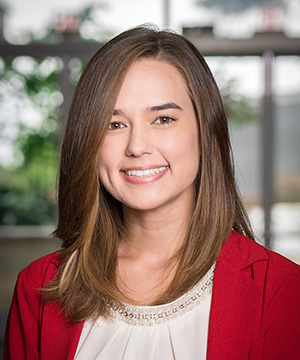
Ashley Kroll is a Ph.D. candidate at UC San Diego studying Biomedical Nanotechnology. As a member of Prof. Liangfang Zhang’s lab at the Center for Engineering in Cancer, Ashley is focusing on expanding the cell membrane-coated nanoparticle applications into the areas of immunology and vaccines. Moving forward she plans to use the coated nanoparticles to dampen overactive immune reactions, such as transplant and transfusion rejections. She also plans to continue her mentoring and leadership roles in the Jacobs School Undergraduate Mentoring Program and the Society of Women Engineers. Ashley received a B.S. in Nanoengineering: Bioengineering from UC San Diego graduating cum laude. She also received an M.S. in Nanoengineering: Biomedical Nanotechnology from UC San Diego. Among her many accomplishments, Ashley recently won the Best Poster Award for Nanoengineering and the IGNITE Prize for Most Commercial Potential at the 2018 Jacobs School of Engineering Research Expo.
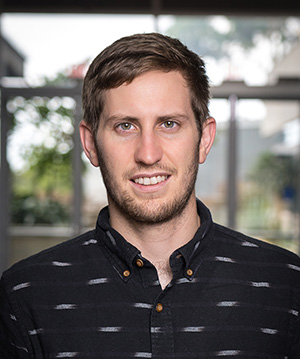
Colton Lloyd received his B.S. in Biomedical Engineering from The Ohio State University, graduating summa cum laude with Honors and Research Distinction. He is currently a Bioengineering Ph.D. candidate in Prof. Bernhard Palsson’s lab at UC San Diego. Colton’s research focuses on the development and application of genome-scale models of metabolism and gene-expression (ME-models). He has been deeply involved in the development of an open-source software package called COBRAme that powers ME-model computation. Colton has collaborated with Sinopia, a startup founded by an alumnus of the Systems Biology Research Group, where he is applying his experience in algorithm and computation biology software development to benefit their technology which aims to extend the shelf life of blood bags in a clinical setting. Colton is a recipient of many honors and awards including an NSF Graduate Research Fellowship. After graduation, he plans to continue pioneering the use of computational systems biology techniques to further advance the fields of biotechnology and medicine.
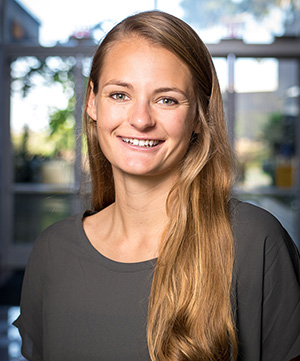
Rachel Marty received her Bachelor’s degree in Computer Science, Bioinformatics from UC San Diego and is now a Ph.D. candidate in Bioinformatics. She works in Assistant Professor Hannah Carter’s lab in the Department of Genomic Medicine. Rachel’s research focuses on the computational analysis of the relationship between genomic variability in the immune system and the evolution of tumors. Her work has been well received by the field, resulting in multiple publications, foremost of which is a first authorship in Cell. Rachel has been honored to receive many awards, including an NSF Graduate Research Fellowship and an NSF Graduate Research Opportunities Worldwide Fellowship. Beyond research, Rachel is a leader on and off-campus. As an undergraduate she was named captain of the UC San Diego Women’s Basketball team. As a graduate student, she taught a program boot camp for incoming students and founded the Graduate Bioinformatics Council where she initiated a peer mentor program and organized recruitment efforts. She has also volunteered with international non-profits in the Philippines and Kenya helping to improve health, livelihood and literacy.
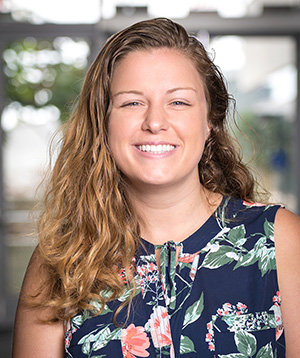
Kimberly McCabe is a Ph.D. student in Bioengineering at UC San Diego. She received her B.S. in Biomedical Engineering from Yale University. She has two passions which drive her long-term aspirations: translational engineering research approaches to improve cardiac health and mentorship of young women to empower them to pursue higher education in STEM. Under the advisement of Distinguished Professor Andrew McCullough, she works in the Cardiac Mechanics Research Group where she develops multi-scale Monte Carlo Markov State and reaction-diffusion models of myocardial function at the molecular, sarcomere and cell level. She studies the effects of novel dATP therapy on cardiac contraction and metabolism through computational simulation. Outside of the laboratory, Kim is the Vice President for External Affairs for the UCSD Graduate Student Association, performing outreach and advocacy on behalf of the 7,000 graduate and professional students at UC San Diego. She is also the Vice Chair of Student Advocates for Graduate Education, working with a coalition of public institutions who campaign for access and affordability to graduate education.
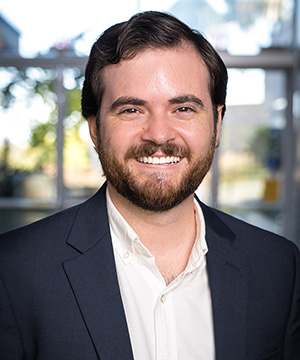
Alexander Williams graduated with his B.S. in Bioengineering, cum laude from UC San Diego in June 2014. He continued at UC San Diego as a Ph.D. candidate in the Department of Bioengineering under the advisement of Associate Professor Pedro Cabrales. His research focuses on decreasing the dependence on blood transfusions, primarily by developing and identifying safe and efficacious hemoglobin (Hb)-based oxygen carriers (HBOCs). His research is truly innovative and concentrated on a critical, unmet need. Alex is an excellent leader who mentors undergraduate researchers and participates in the STARS (Summer Training Academy for Research Success) program. He also volunteers with K-12 STEM outreach efforts such as the ENLACE program, a bi-national summer research program that aims to foster high-school students’ interests in research and promote cross-border friendships between Tijuana and San Diego. He is also involved with the UC San Diego Bioengineering Graduate Society which conducts outreach at science and engineering festivals to spread awareness of and inspire involvement in bioengineering, at the campus, county and national level.
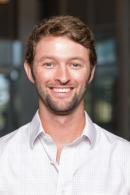
Michael’s research career began in earnest as part of the California Institute for Regenerative Medicine’s Bridges to Stem Cell Research program at Cal Poly, San Luis Obispo. Through the CIRM program, he performed his MS research at Stanford University, designing culture platforms and animal models aimed at enhancing the regenerative potential of muscle stem cells. Michael continued his skeletal muscle research in the Bioengineering PhD program at UC San Diego, developing an ongoing collaboration between the Bioengineering and Orthopedic Surgery departments focused on muscle degeneration in orthopedic diseases. Of particular note is his discovery of a novel mechanism of muscle loss, first described in human rotator cuff tears and subsequently found in other orthopedic diseases, which challenges the current clinical and biological paradigm surrounding the treatment and rehabilitation of several chronic orthopedic diseases. Michael has also contributed greatly to the UCSD Bioengineering community in Chairing the graduate Curriculum Development and Recruiting committees.
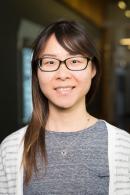
Michelle received her Bachelor degree in Medical Engineering from University of Hong Kong. Prior to graduate school, she worked at Swiss Federal Institute of Technology Lausanne, National University of Singapore and University of Hong Kong with focus on the application of stem cells and biomaterials to regenerative medicine. At UC San Diego, she works at Professor Shaochen Chen’s lab to establish biomimetic liver models from human iPSC-derived hepatic cells and hydrogel-based 3D matrix, and then apply the models to in vitro drug screening and disease modeling. Xuanyi has published seven peer-reviewed papers and one book chapter, and presented at 4 conferences with two as invited speakers. At TERMIS World Congress 2015, she won the Outstanding Presentation Award. She is also the recipient of Interdisciplinary Research Award, Frontiers of Innovation Scholars Program Fellowships, Institute of Engineering in Medicine Scholarship and Friends of International Center Graduate Student Fellowship at UC San Diego. Beyond research, Xuanyi is passionate about STEM education, and is an active outreach volunteer in science education for high school students and children in the community.
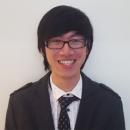
Tri Nguyen is a Ph.D. student in Bioengineering at the University of California, San Diego. Under the guidance of Dr. Sheng Zhong, he develops high throughput technologies to unravel the functions of non-coding RNAs with a focus on building global RNA-RNA and RNA-chromatin interaction maps in unperturbed cells. His work has been featured in 6 publications, including first author articles in Nature Communications and Current Biology. Tri Nguyen received his B.Eng. in Bioengineering with First Class Honours from Nanyang Technological University in Singapore. He was a recipient of the Clarendon Scholarship from the University of Oxford. Outside of the laboratory, Tri was a co-chair of professional development for the Bioengineering Graduate Society, organizing discussion panels for UCSD graduate students with industry experts. As a Consulting Project Manager for the Advanced Professional Degree Consulting Club at UCSD, he leads teams of graduate students and postdocs to provide pro bono consulting for local tech start-ups.
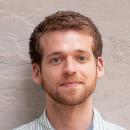
Troy Sandberg received his B.S. in Bioengineering from Caltech, and is currently a Bioengineering Ph.D. candidate in Bernhard Palsson’s lab at UCSD. Troy’s research focuses on understanding principles of adaptation and how evolution can be harnessed to engineer microbes with desired phenotypes. He has been deeply involved in the development of custom robotics systems that enable previously infeasible laboratory evolution experiments. Troy has collaborated with the Danish Center for Biosustainability, where he was instrumental in setting up copies of the robotics systems and training personnel. His research so far has led to six scientific publications and a number of both poster and oral presentations at conferences across the country. Troy is a recipient of an Ahmanson Foundations Scholarship, UCSD Jacobs School Ph.D. Fellowship, and NSF Graduate Research Fellowship, among others. After graduation, Troy plans to continue his research pursuits into fundamental evolutionary principles, with specific focus on metabolic engineering applications.
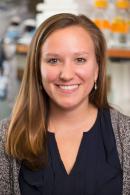
Jessica Ungerleider is a Bioengineering PhD candidate at UC San Diego. As a member of Karen Christman’s lab at the Sanford Consortium for Regenerative Medicine, Jessica is developing injectable biomaterial therapies for skeletal muscle regeneration and peripheral artery disease. Her research focuses on identifying mechanisms behind decellularized extracellular matrix-mediated improvements in regeneration and inflammatory pathways. She has also worked on designing novel synthetic nanoparticles for minimally invasive delivery. This work has merited an NIH F31 pre-doctoral fellowship and a UCSD Gordon Leadership Award. On campus, Jessica engages in K-12 science outreach through the Bioengineering Graduate Society, where she served as Outreach Chair and started the bioengineering high school outreach program. Jessica received a BS in Biomedical Engineering from the University of Virginia and received the Engineering Outstanding Student of the Year Award for her campus leadership and research on adipose stem cells for therapeutic microvascular remodeling.
Armen A. Gharibans is a bioengineering PhD candidate at the University of California, San Diego and conducts research in Professor Todd Coleman's laboratory. Armen received his B.S. degree in mechanical engineering from the University of California, San Diego, and his M.S. degree in mechanical engineering from the University of Illinois, Urbana-Champaign. His research interests include modeling and statistical signal processing of biological signals with a focus in gastroenterology. He has developed and published novel techniques for noninvasive gastrointestinal electrophysiology monitoring, which has led to several studies with clinical collaborators spanning from neonates to the aging population.
Gabriela Guzman received her B.S. in Bioengineering with high honors from UC Berkeley. Gabriela is currently a Ph.D. candidate in the Department of Bioengineering under the advisement Dr. Bernhard Palsson at UCSD. Her research focuses on utilizing genome-scale models of metabolism and adaptive laboratory evolution to discover ‘underground’ metabolic activities in E. coli. Underground metabolism describes reactions occurring within a cell below the level of detection and is believed to play an important role in evolution. Insights into underground metabolism have direct applications in engineering targeted antibiotics and industrial bioprocessing strains. Her thesis work thus far has been published in PNAS. Gabriela has made international collaborations with laboratories in Russia, Denmark, and Hungary and mentored undergraduate students from the Brazil Scientific Mobility Program. After graduation, Gabriela plans to continue pursuing her academic interests applying systems biology models and sequencing techniques to further explore fundamental biological questions regarding evolutionary mechanisms.
Jae-Young Jung is a Ph.D. candidate in Materials Science and Engineering Program at UC San Diego. He received his BS and MS degree from Dankook University in South Korea, majoring in Chemical Engineering. He worked at U&i Corporation and Korea Institute of Science and Technology on development of biomedical devices. In Dr. McKittrick’s lab, Jae-Young is performing interdisciplinary researches on metal/ceramic porous scaffold, biological materials investigation, and imaging analysis. He is a recipient of Jacobs School of Engineering Fellowship and participating the UCSD Interfaces Training Program supported by HHMI and NIBIB at NIH. His current dissertation topic is supported by the AFOSR, DOD. Jae-Young has authored 17 papers in peer-reviewed journals such as Scientific Reports, Advanced Materials, and Acta Biomaterialia. Jae-Young plans to work on biological materials investigation using advanced biomedical imaging techniques, then employ these lessons to design biomaterials and biomedical devices that can be beneficial to society.
Jinxing Li is currently a Ph.D. candidate in the Department of NanoEngineering at UC San Diego. As a member of Professor Joseph Wang’s nanobioelectronics lab, Li collaborates with medical researchers to develop micro- and nanorobots that could be used to deliver medicine inside the body, neutralize biological and chemical agents, and perform nanoscale surgery. His research has led to the first microromotors that can function in vivo, magnetic nanofish that can be remotely actuated to swim in blood, and microrobots for super-resolution bioimaging. Li received his master’s degree in electrical engineering from Fudan University in Shanghai. He has published over 30 peer-reviewed papers, more than half of which are co-authored with his undergraduate and high school student mentees. Li has received the Graduate Student Award by the Materials Research Society, and the Dan David Prize Scholarship in nanoscience from Israel Tel Aviv University. He also received the 2015 Rudee Best Poster Award at the UC San Diego Jacobs School of Engineering Research Expo and the 2016 UC San Diego Interdisciplinary Research Award. Outside the lab, Li enjoys surfing, hiking, and soccer. He plans to continue developing robust and precise nanotechnology tools that can be used to address health issues.
Ya-San Yeh is a sixth year doctoral candidate in the Department of Bioengineering at University of California, San Diego, under the advisement of Prof Sadik Esener. Her research focuses on engineering biocompatible silica nanoparticles for enhanced blood circulation to deliver therapeutic enzymes for cancer treatment. She completed her undergraduate degree with a 4.0 GPA from The University of Texas at Austin in Chemical Engineering, where she was involved in the development of glucose biosensor. During her graduate studies, she was inducted as a Jacobs Fellow, a participant in the HHMI Med-Into-Grad Initiative, selected into the Interfaces Graduate Training Program, awarded the Best Poster Award in Bioengineering and the Rudee Outstanding Poster Award for best overall poster at the UCSD Jacobs Research Expo, and the recipient of one of the Best Poster Award at the National Cancer Institute Alliance for Nanotechnology in Cancer Meeting. She has published three peer-reviewed papers in Small, Blood, and NanoLetter.
Amay J. Bandodkar is a fourth year doctoral candidate in the Department of NanoEngineering at University of California San Diego. His research interests lie in the development of wearable electrochemical devices. He completed his undergraduate course from the Indian Institute of Technology-Banaras Hindu University (India) with the focus on biosensors and has been involved in several academic and industrial projects in India, USA and Germany. Over the past 6 years he has published 23 peer-reviewed papers (H-index = 10, Citations = 325) and has been a reviewer for international journals. He was inducted as a Gordon Fellow in 2014 in recognition of demonstrated leadership in the engineering profession and is also the recipient of the 2015 Interdisciplinary Research Award (UC San Diego).
Brian Luk is currently a Ph.D. candidate in the Department of Bioengineering at the University of California, San Diego. He received his BS degree from Stanford University, majoring in Materials Science & Engineering with a focus in Bioengineering. Now, as a member of Dr. Liangfang Zhang’s nanomedicine lab, Brian is performing novel research on cell membrane-coated nanoparticles for the treatment of a variety of diseases, including cancer, bacterial infections, autoimmune diseases, and cardiovascular diseases. He was awarded the Ruth L. Kirchstein National Research Service Award Predoctoral Fellowship (F31) from the National Institutes of Health to support his graduate studies. As a graduate student, Brian has authored almost 20 papers in high impact peer-reviewed journals such as Nature Nanotechnology, Advanced Materials, and Nano Letters. In the future, Brian hopes to continue developing innovative strategies and technologies to address pressing health issues around the world.
Douglas McCloskey received his B.S. in Biomedical Engineering from the University of California, Irvine. He graduated with Magna Cum Laude Honors while participating in the campus wide honors program and competing in Division 1 NCAA Men’s Tennis. Douglas is now pursuing his Ph.D. in the department of Bioengineering at the University of California, San Diego. His research involves using a systems biology approach to understand the biochemical drivers of adaptive laboratory evolution in microorganisms. Douglas specializes in acquiring and analyzing metabolomics and fluxomics data using LC-MS/MS, integrating multi-omics data with metabolic networks of metabolism for deeper biological insight, and developing front-end and back-end software for the rapid dissemination and visualization of such data. After graduation, Douglas plans to continue the development of multi-omics data analytics and software that aid in the cell factory design process to produce fine and commodity chemicals from environmentally friendly and renewable resources.
Seth Parker received his B.S. in Chemical and Biological Engineering from the University of Colorado at Boulder and his research under the direction of Dr. Xuedong Liu involved identifying and characterizing novel cancer therapeutics. Seth is now a Ph.D. candidate in the Department of Bioengineering at UC San Diego advised by Dr. Christian Metallo. Seth’s predoctoral research focuses on understanding the impact of specific mutations on cancer cell metabolism. His research in this area has been published in journals such as Nature, Cancer Research, and Molecular Cell. Seth has received funding through training grants from the National Institute of Biomedical Imaging and Bioengineering and the National Cancer Institute. Seth also served as the social chair for the Bioengineering Graduate Society and is involved in the Interfaces and Multi-Scale Biology Graduate Program. In his free time, Seth enjoys outdoor activities from camping to rock climbing and is an avid home brewer.
Elaine Skowronski is a Ph.D. student in NanoEngineering at UC San Diego. Under the guidance of Dr. Michael Heller, she designs assays with the potential for translation as point-of-care diagnostics. Elaine couples charge-changing fluorescent peptide substrates with gel electrophoresis to rapidly measure disease-related enzyme activity in whole blood. She also utilizes electrokinetic techniques to capture protein and nucleic acid biomarkers for disease diagnostics. She validates the clinical utility of her assays by collaborating with researchers at multiple institutions. In the laboratory, Elaine trains and mentors undergraduate and graduate students, two of whom have completed their M.S. in Bioengineering. Outside of the laboratory, Elaine has competed in the NSF Innovation Corps as the entrepreneurial lead of a team exploring the commercialization of assays developed in Dr. Heller’s laboratory. Elaine is a recipient of the Cancer Researchers in Nanotechnology Fellowship and the San Diego Fellowship.
Begona Alvarez-Gonzalez received her BS and MSc in Aeronautical Engineering from the Polytechnic University of Madrid, Spain. After working in the aeronautical industry and eager to apply engineering methods to biological systems, she went to UCSD to earn her PhD in the field of bioengineering, working with Professors del Alamo and Lasheras in the Mechanical and Aerospace Engineering Department and Professor Firtel in the Division of Biological Sciences. Her research elucidates the relationship between the mechanics and biochemistry involved in cell migration, characterizing the interaction of cells and their extracellular environment. Outside the lab, she nurtures scientific interest in young kids from different socio-economical backgrounds by participating in the Nifty Fifty Program, the Johns Hopkins University Center for Talented Youth, and the Salk Mobile Lab. In addition, she is a co-founder and principal member of UCSD’s MAE Graduate Women’s Group. Begona’s future goal is to establish a Bioengineering Research Center in her home country, Spain, and to become a university professor, thereby continuing her dedication to research and to training new generations of scientists.
Awards: Fellowship by Ibercaja Foundation for research projects in a foreign country. Rita L. Atkinson Graduate Fellowship. Siebel Scholar Class 2015.
Ronnie Fang is currently a Ph.D. candidate in the Department of NanoEngineering at the University of California, San Diego. He also received his undergraduate education at UC San Diego, double majoring in electrical engineering and biochemistry. As a member of Dr. Liangfang Zhang’s nanomedicine laboratory, he is doing research on novel biomimetic nanoparticles for the treatment of diseases including cancer and bacterial infections. He was awarded the National Defense Science and Engineering Graduate Research Fellowship by the Department of Defense to support his graduate education. As a result of his work, Ronnie has authored nearly 20 papers in peer-reviewed journals, including Nature Nanotechnology, Advanced Materials, and Nano Letters, and his work has received awards at international scientific meetings. Ronnie plans to stay in academia after he graduates and ultimately aims to become a professor at a research institution where he can continue work on leveraging nanomaterials to address pressing health issues.
Todd D. Johnson is a Consultant for The Boston Consulting Group in their Los Angeles office. He earned his Ph.D. from the department of Bioengineering at UCSD. He was a member of Dr. Karen Christman’s Lab at the Sanford Consortium for Regenerative Medicine. His research focused on developing and testing naturally derived injectable biomaterials for treating cardiovascular diseases. Todd has developed two new biomaterials derived from human tissues. The first material was designed as a potential treatment for heart failure after a heart attack and the second was for treating peripheral artery disease. Funding for his research has come from the Charles Lee Powell foundation as a Powell Fellow, from the NHLBI as a training grant recipient, and the NSF as a Pre-doctoral Fellow. On campus, Todd was involved with the Bioengineering Graduate Society as a VP. He was also a violist in the Greater San Diego Chamber Orchestra and was a founding member of the Stella Quartet of San Diego.
Sophia Suarez received her B.S. from MIT in Materials Science and Engineering and helped design a tissue engineering therapy for treating anterior cruciate ligament injuries at the Children’s Hospital of Boston under the direction of Dr. Martha Murray. She is now a Ph.D. candidate in the Department of Bioengineering at UC San Diego, co-advised by Dr. Adah Almutairi and Dr. Karen Christman. Sophia is designing and testing versatile and safe biomaterial therapies for cardiac repair. Her work includes the development of a microparticle delivery system that responds to the microenvironment in the injured heart to precisely tune the delivery of therapeutics. She is also informing the design of safe biomaterial therapies by determining how biomaterial properties influence cardiac electrophysiology. Sophia was a co-chair of professional development of the bioengineering graduate society, selecting and arranging visits for panelists of a dozen meetings designed to connect bioengineering students to local biotech companies.
Sophia Suarez received her B.S. from MIT in Materials Science and Engineering and helped design a tissue engineering therapy for treating anterior cruciate ligament injuries at the Children’s Hospital of Boston under the direction of Dr. Martha Murray. She is now a Ph.D. candidate in the Department of Bioengineering at UC San Diego, co-advised by Dr. Adah Almutairi and Dr. Karen Christman. Sophia is designing and testing versatile and safe biomaterial therapies for cardiac repair. Her work includes the development of a microparticle delivery system that responds to the microenvironment in the injured heart to precisely tune the delivery of therapeutics. She is also informing the design of safe biomaterial therapies by determining how biomaterial properties influence cardiac electrophysiology. Sophia was a co-chair of professional development of the bioengineering graduate society, selecting and arranging visits for panelists of a dozen meetings designed to connect bioengineering students to local biotech companies.
I am currently the Senior Manager of R&D at Singlera Genomics, a company focused on NGS based diagnostics in the cancer field. I am involved with managing a team to develop various diagnotics assays. I was previously a research and development senior scientist at Good Start Genetics, a CLIA/CAP certified lab, creating genetic based diagnostics using next generation sequencing. I was involved in all aspects of the projects including wet lab, data analysis, and lab automation. I completed my PhD in Bioengineering at UC, San Diego. Specifically, in my thesis project, I created a high throughput platform to unbiasedly amplify thousands of single cells in parallel. Specialties: Genomics, next gen sequencing, single cell whole genome amplification, data analysis (Python, Perl, Matlab, R, etc), micro fabrication, lab automation
Carolyn Schutt Ibsen received her Ph.D. in Bioengineering from UC San Diego where she was a member of Sadik Esener’s biomedical nanotechnology laboratory. She is developing a new imaging technique which combines ultrasound and optical imaging to improve diagnosis of early stage cancer. Her work received the Grand Prize at the 2012 UC San Diego Jacobs School Research Expo. She is also developing non-toxic chemotherapy nanoparticles aimed at reducing side effects for cancer patients. Outside the lab, Carolyn led teams of bioengineering students to develop public outreach exhibits on engineering topics. She founded the Home Run Science Challenge, an educational program to promote greater interaction between children and scientists at the San Diego Science & Engineering Festival. Carolyn also co-chaired a group of students to present a bioengineering exhibit at the USA Science & Engineering Festival in Washington, D.C. and advocated for advances in engineering education at several congressional offices.
Margie Mathewson received her B.S. in Bioengineering from the University of Illinois at Urbana-Champaign. She is currently pursuing her PhD in Bioengineering at UC San Diego working in the Skeletal Muscle Physiology Lab run by Dr. Richard Lieber. Her research focuses on finding the source of muscle dysfunction in patients with cerebral palsy, with the ultimate goal of defining new therapeutic directions for the disorder. Margie is passionate about mentoring students and teaching others about engineering and science. She has mentored two undergraduates in the laboratory, one of whom recently finished his MS in Bioengineering. Margie created and co-founded the Jacobs Undergraduate Mentoring Program (JUMP), which connects engineering undergraduate students with graduate students and alumni in the San Diego engineering community. The program has grown from 60 participants to more than 250 in two years and has given students the opportunity to tour local companies, hear professional development speakers, and network with alumni from dozens of local companies. For her work with JUMP, Margie received a UCSD Equal Opportunity/Affirmative Action and Diversity Award as well as a Gordon Fellow R.B. Woolley Award. Margie was also the outreach chair for the Bioengineering Graduate Society at UCSD, coordinating UCSD Bioengineering’s involvement in the 2013 San Diego Festival of Science and Engineering, which teaches local students about science and engineering. Margie is supported by an NSF Graduate Research Fellowship.
Ludovic Vincent received his B.S.E in Bioengineering from the University of Pennsylvania where he conducted research in hematology, in point of care diagnostics, and in tissue engineering. At UC San Diego, his graduate research efforts in the field of mechanobiology are elucidating the role of extracellular matrix mechanical properties on the force generation of adult stem cells and their migration and differentiation toward specific lineages such as muscle and bone. His work refining the quantification of cellular traction forces in static and dynamic environments has led to a number of national and international collaborations with labs at UC San Diego, Massachusetts General Hospital, Stanford University, and Nanyang Technological University in Singapore. Outside of lab, Ludovic has served as a representative on the Graduate Student Council finance committee and is currently the president of the Jacobs Graduate Student Council (JGSC), a graduate organization composed of graduate students from each engineering department. Within the JGSC, he has organized student-industry mixers, facilitated grad-specific recruitment luncheons, advised the Dean’s office, and partnered with on campus centers to host public speaking seminars. He currently oversees a dozen yearly activities spanning outreach, professional development, and social events. Ludovic is a recipient of the Achievement Rewards for College Scientists and the National Science Foundation Graduate Research Fellowship Program.
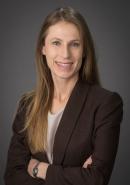
Angelina Altshuler is a bioengineering PhD candidate at UC San Diego and conducts research in Professor Geert Schmid-Schonbein’s microcirculation laboratory. Her research uses bioengineering approaches to study organ failure in circulatory shock. From her experiments, new insight has contributed to understanding organ dysfunction which may be applied to trauma, intensive care, neonatal, and transplant surgery patients. In the laboratory, Angelina has trained and mentored over ten undergraduate students. She conducted research in three countries and has a strong interest in initiating international scientific collaborations. Outside of the laboratory, Angelina planned and participated in the USA Science and Engineering Festival in Washington DC and organized Bioengineering Day, a celebration of the UCSD bioengineering community. She was awarded the Gordon Fellowship in 2010 for her leadership and outreach. She is currently at Illumina.
Athurva Gore received his B.S. in Biomedical Engineering from Purdue University and his Ph.D. in Bioengineering from the University of California - San Diego, where he is a currently a Postdoctoral Researcher in Kun Zhang’s Integrative Genomics laboratory. Athurva’s work is primarily in applying high-throughput sequencing technology to the field of regenerative medicine, where he is working on characterizing the genetic and epigenetic differences between induced pluripotent stem cells and embryonic stem cells. His 2011 paper in Nature on the point mutations associated with iPSC generation was rated the 5th most influential paper of 2011 by Thomson Reuters. Athurva is a recipient of the Jacobs School Focht-Powell Fellowship and the CIRM Training Grant Predoctoral Fellowship. Outside of research, Athurva is the Vice President of External Affairs for the Bioengineering Graduate Society. After obtaining his graduate degree, Athurva plans to perform post-doctoral research and ultimately pursue a faculty position in Bioengineering.
On Shun Pak received his BEng in Mechanical Engineering with First Class Honours from the University of Hong Kong in 2008, and a PhD in Mechanical Engineering from UC San Diego in 2013. He then continued his research at Princeton University as a Postdoctoral Research Fellow, before joining Santa Clara University as an Assistant Professor in Mechanical Engineering in 2014. On Shun's research interests lie in fluid mechanics. He is also interested in the role of fluid mechanics in biological systems. His current research focuses on low-Reynolds-number flows, locomotion of microorganisms, and complex fluids.

Ameya Phadke received his B.S.E. in Bioengineering from the University of Pennsylvania. He is a Jacobs Fellow and currently a Ph.D. candidate with Dr. Shyni Varghese. His doctoral work on bio-inspired synthetic polymers for applications in regenerative medicine has produced 11 peer-reviewed publications and 1 patent; his recent work on self-healing hydrogels was published in PNAS and highlighted through press releases by UCSD, MSNBC and the Scientific American, among others. He has also been an active member of the University community through his board positions in the Bioengineering Graduate Society and the Academic Integrity Review Board. As a 2011-12 Socrates Fellow, Ameya developed a novel courseplan integrating his stem cell and materials research with the high school biology curriculum and implemented it at numerous San Diego high schools. Following his graduation, he aims to leverage his experiences towards a career in the development of cutting-edge biomaterial-based therapies for tissue regeneration while fostering the interaction between the growing regenerative medicine industry and the greater community.
Helen received a Bachelor degree in Computer Engineering with high distinction classification, subsequently holding technical and leadership positions in multinational companies. Fascinated by human intelligence and first Lebanese citizen to receive the International Fulbright Science and Technology Award, Helen is currently delving in brain research as part of her PhD studies in the Department of Bioengineering at UCSD. In Gabriel Silva’s laboratory, Helen aims, through theoretical work guided by experimental findings, to better elucidate how brain structure and connectivity, synaptic strength, and neuronal excitability are regulated in concert to optimize the performance of neuronal circuits and shape intelligence. As the COO of the UCSD Entrepreneur Challenge organization, Helen has been actively involved in mentoring future entrepreneurs and organizing the $100k Business Plan Competition, mainly focusing on bringing to market Bioengineering solutions to health problems. She led the organization of a Start-Up Job Fair and a Women in Entrepreneurship event at UCSD. Helen is also an Advisory Board member for an organization that helps challenged readers and dyslexics. As part of her efforts to instill interest in Science and Engineering and International collaboration, Helen served as the Graduate Student Representative for the California University-wide Committee for International Education. Helen’s aim is to establish a Bioengineering Research Center in her home country. She believes that, by incorporating aspects of her cross-cultural expertise into Lebanon, she will contribute to broadening the horizons of her community and help her country transcend local and political boundaries, thus contributing to the resolution of conflicts.
Jessica DeQuach received her B.S. in Biomedical Engineering from Case Western Reserve University. She then went to UC San Diego to earn her PhD in Bioengineering, where she is a member of the Biomaterials & Regenerative Medicine Lab run by Dr. Karen Christman. Jessica develops tissue specific matrices for injectable tissue engineering scaffolds to treat ischemia in the brain, skeletal muscle, and heart and also uses these materials as cell culture coatings for stem cell and progenitor differentiation. This research has led to four patent applications in addition to a start-up company founded by Dr. Christman. After she completes her PhD, Jessica plans to help commercialize this research. Outside of research, she co-chaired both the annual Graduate Research Symposium and Bioengineering Day, a networking event between students, faculty, alumni and industry that celebrates research in the department. Jessica also co-led a team of bioengineering students to explain how heart valves work in the circulatory system to children participating in the Inaugural USA Science & Engineering Festival in Washington, D.C. Jessica is a recipient of the 2011 Mary Ann Liebert, Inc. Outstanding Student Award from the Tissue Engineering and Regenerative Medicine Society (TERMIS).
Dr. Che-Ming Jack Hu is an assistant research fellow at the Institute of Biomedical Sciences at Academia Sinica, Taiwan. Dr Hu received his PhD in Bioengineering in December 2011 from UCSD and holds a Bachelors in Bioengineering from UC Berkeley. His research focus is on nanotechnology, drug delivery, biodetoxification, and vaccine development. Dr. Hu is the inventor of cell-membrane cloaked nanoparticles, which is an innovative biomimetic platform with significant implications in nanomedicine. The technology is highlighted in multiple high-impact publications including Proceedings of Nature, National Academy of Sciences, Nature Nanotechnology. The technology has also led to a spinoff company, Arytha Biosciences which focuses on the translation of the nanoparticle platform.
The fundamental motivation that drives Lauren in her educational, research, and career decisions is the potential to have a significant impact on the therapies available to individuals with debilitating neurological diseases. This is the motivation that drove her to perform neuroscience research as an undergraduate, to pursue a PhD in bioengineering and to choose a research project that addresses one of the most debilitating and untreatable neurological diseases: blindness due to retinal degenerative diseases. The potential for Lauren’s research to improve the quality of artificial vision provided by a retinal prosthesis to patients blinded by retinal disease is what continues to drive her throughout her thesis work.
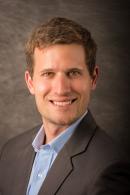
Dan Kagan is the VP of Innovation (Operations and Business Development) at Assay Depot. Assay Depot is analogous to the Match.com for scientists looking to outsource various experiements. With strong ties to numerous top pharma, Assay Depot is streamlining research outsourcing around the globe. In his role, Dan manages strategic projects aimed at increasing AD's design/content, vendor relations, and gross revenue. His efforts directly impact Assay Depot's ability to expand its footprint in the CRO market. While obtaining his Ph.D in Bioengineering from UC San Diego, Dan accumulated 14 publications (nine 1st author) in high impact journals and was selected as one of the top 85 (MBA, Computer Science, and Bio) graduate students in the country by the Siebel Foundation. Dan has a strong passion for entrepreneurism. He spent a year learning and advising startups at eBoost Consulting, helped start a noval protein reagent CRO (ChemoTactics), was the CTO of the 100K Entrepreneur Challenge, president of the APD consulting club and obtained certificates in finance and entrepreneurship from UCSD. Specialties: Business development, entrepreneurship, event organization nanoengineering technical expertise, organizational leadership, goal oriented project management, analytical problem solving, team building, digital marketing, negotiation, teaching.
Awards: Siebel Scholar, Class of 2012 – awarded annually for academic excellence and demonstrated leadership to 85 top students from the world’s leading graduate and business schools - UCSD Jacobs Nanoengineering Poster Winner (Runner-Up Best Overall Graduate Poster out of 250 posters), 2011 - Selected as a UCSD Gordon’s Scholar (National Engineering Award, 10 graduate students chosen at 6 top schools a year), 2011 - NSF Fellowship Honorable Mention, 2008 and 2009 - Aresty Research Fellowship, 2005-2006 - NJES/Cook College Scientific Poster Winner, 2006 - Student Voted Senior of the Year, 2006 - Dean and Faculty Chosen: Class of 2006 Overall Achievement Award Winner (one of five)
Nathan's group uses large computational models to help analyze large data sets to make predictions on how to engineer mammalian cells to produce protein medications with increased quality while decreasing costs and increasing availability. His work is motivated by his desire to apply engineering principles to aid in advances in biomedical treatments. He is also interested in efforts to improve science education through the development of an international outreach program. Through these efforts he hopes to facilitate economic growth in developing countries and improve science literacy among the public.
Awards: Siebel Scholar (2012) – awarded annually for academic excellence and leadership to 85 top students from the world’s leading graduate and business schools Chosen as Whitaker Scholar (2011;declined) NSF IGERT Plant Systems Biology training grant (2008-present) Chosen as Whitaker Fellow (2009;declined) Fulbright Fellowship (2008-2009) UCSD Bioengineering Outstanding Teaching Assistant (2008) NSF GSRP Honorable Mention (2007 & 2008) Garth Lee Award for Excellence in Teaching (BYU Chemistry, 3x, Spring 2003, Fall 2003, Spring 2006)
Michelle graduated with honors and received her Bachelor’s degree from the University of California, Irvine, with a major in Information and Computer Science, and minors in both Biomedical Engineering and Business Management. Her undergraduate research focused on the study of mechanical force effects on hydra stem cell regeneration. Currently, she is a Ph.D. graduate student in Bioengineering at the University of California, San Diego. Her Ph.D. thesis involves constructing and utilizing nanomaterials for biosensing and encoding applications. She also helped develop a device that has been marketed under the trade name "TruTags." Outside her research, Michelle serves as an officer for Society of Women Engineers, where she assists in career development events and provides mentorships for undergraduates.
Karla’s interdisciplinary approach of using nanotechnology, bioengineering, and materials science has greatly contributed to the orthopedics research community. She won the ARCS award (Achievement Rewards for College Scientists, recognition throughout many cities in the US) after just one graduate year at UC San Diego and won the 1st place prize in the multi-university, Medical Engineering Innovation Challenge Competition for her work on novel surface coatings for titanium implants. After four years of graduate work, Karla is ready to contribute and be an integral part of real life emerging technologies and innovations with future aspirations in a nearby life sciences industry. After growing up in the Midwest, her childhood dream of making her way out to the California coast has come true. Karla is excelling in her research while enjoying sunny San Diego and its prime running locale.
Data driven decision maker with strong quantitative background and a track record of high quality independent research and execution on large projects. Excels in taking immature ideas or processes and bringing them to a marginally less immature state. Great at explaining technical details to people who aren't interested in a way that ensures they stay uninterested.
Honors:
- Finalist, Outstanding PhD Student work (Presenting Author) -IFAC FDA conference 2010, Badajoz, Spain
- Siebel Scholar, Class of 2011
- Work featured in journal commentaries, ScienceDaily, PhysOrg, EurekAlert!, Dallas Morning News
- UCSD Interfaces Multiscale biology grant - One year of independent funding 2009-2010
- NIH Ruth-Kirschstein training grant - Two years of independent funding 2006-2008
- Fulbright Alumni Ambassador, One of 15 selected among Fulbright Alumni for leadership potential, 2008
- NSF East Asia Pacific Summer Institutes (EAPSI) Fellow, Australia, 2007
- Fulbright Scholar, Australia, 2005
- Tau Beta Pi, 2005
- Presidential Fellow, Lehigh, 2005
- Teacher of the Year, Kaplan Test Prep, Allentown, PA, 2004
Multidisciplinary engineer with proven expertise managing and training successful teams, while coordinating multiple projects. Possess extensive collaboration experience through working alongside investors, scientists, and engaging with members of the general public. Published 10 peer-reviewed journal articles and raised near $1.5M for research and education.
Honors: 1998 Valedictorian, Channel Islands High School (Oxnard, CA) 1998 Ventura County Hispanic Chamber of Commerce Scholarship 1998 UCI Chancellor’s Scholarship 1998 – 2002 American Chemical Society Scholarship 1999 ARCO / CODE Fellowship 1999 – 2000 Mazda / Hispanic Scholarship Fund (HSF) Scholarship 2000 Toshiba / CAMP Scholarship 2000 – 2001 SHPE / Texaco Scholarship 2000 – 2001 UC Leads Fellowship 2000 – 2012 Gates Millennium Scholarship (GMS) 2004 – 2006 GEM Fellowship 2005 – 2007 California LSAMP Bridge to the Doctorate / Louis Stokes Alliances for Minority Participation Fellowship 2007 – 2010 NCI Research Supplements to Promote Diversity in Health Related Research Fellowship (PA-05-015) 2008 2008 NCI Cancer Health Disparities Summit, 1st Place Poster Winner, Basic Research Division 2009 4th Annual NCI Alliance for Nanotechnology in Cancer Investigators Meeting (2009), Poster Award Winner 2010 Seibel Scholars Fellowship 2010 Finalist, AVS Nanometer-Scale Science and Technology Division (NSTD) Graduate Student Award 2010 – 2012 Ruth L. Kirschstein National Research Service Awards for Individual Predoctoral Fellowships (F31) to Promote Diversity in Health-Related Research (PA-09-209) 2011 MRS Spring Meeting, Travel Award - Symposium JJ, "Biological Hybrid Materials for Life Sciences" 2011 – 2012 UCSD’s San Diego Matching Fellowship
Lucas received a Bachelor’s degree in Bioengineering at the University of Washington in 2003. He went on to serve two years in the US Air Force as a logistics officer at McChord, AFB. He started graduate school at the University of California, San Diego Department of Bioengineering in 2006 and began research under the guidance of Dr. Richard Lieber. His thesis project, ìskeletal muscle adaptations to spastic cerebral palsy,î investigates the mechanisms leading to muscle contractures, a major cause of disability. To augment the clinical basis for this research, he received a grant to participate in the Howard Hughes Medical Institute ìMed-into-Gradî program; through which he attended cerebral palsy clinics and collaborated with Dr. Henry Chambers, an orthopedic surgeon. Lucas plans to pursue a career in translational muscle research after graduate school. Away from lab he enjoys recreational sports, outdoor activities, coaching, and mentoring through Big Brothers of San Diego.
Terrell earned her Ph.D in Bioengineering from the Jacobs School of Engineering at UCSD. She studied molecular bioengineering under Professor Amy Sung. Using a gene knockout mouse model, Terrell investigated how a single gene contributes to the organization and nanomechanics of cell membranes. Such studies will lead to better understanding and treatments of blood and heart diseases. Terrell is originally from New Orleans, Louisiana and obtained her B.S. in Biomedical Engineering from Tulane University in 2004, graduating magna cum laude with departmental honors.
Currently, Terrell is a Teach For America 2010 Corps member and is teaching Biology and Genetics at an Atlanta public high school.
Amy received a Bachelor's degree in Bioengineering: Pre-medical at the University of California, San Diego in 2006. She is received her Ph.D. under the guidance of Dr. Andrew D. McCulloch, Dr. Robert S. Ross, and Dr. Michael W. Berns on her project, 'The role of vinculin in cardiac mechanotransduction,' in the Department of Bioengineering at the University of California, San Diego. Over the years, she has developed a strong interest in translational cardiovascular research and hopes to pursue these interests through the development of therapeutics and diagnostics.
Roy received his B.S. in Electrical Engineering from UCLA in 2005. In his senior year, his research focused on the development of automated 'lab-on-a-chip' devices for the detection of oral cancer biomarkers in whole saliva. He went on to obtain his M.S. in 2007 and his Ph.D. in 2010, both in Bioengineering at UCSD. His graduate studies focused on developing technology for the detection of biomarkers for physiological shock and cancer directly in whole blood. He has served in leadership roles in numerous student organizations where he helped organize activities ranging from an event dedicated to encouraging high school students to attend college to a sponsored trip to the San Diego Opera. An entrepreneur, he was part of the team "Biological Dynamics" that won 1st place at UCSD's Entrepreneur Challenge and that was a finalist in the DFJ-Cisco Global Business Plan competition.
Honors: Cancer Therapeutics Training Program Postdoctoral Fellowship (2010-12), 5 Poster Awards in UCSD All-Grad Symposium, UCSD JSOE Expo, & UCSD BEGS Research Symposium (2008-10), UCSD Life Science Professional Development Scholarship (2009), Class of 2010 Siebel Scholar Award (2009), Finalist $250k DFJ Global Business Plan Competition (2009), 1st Place UCSD Entrepreneur Challenge (2009), Travel Award for LabAutomation 2010 Conference & 10 Other Scholarships (2000-9), Inducted into 3 National Honor Societies (Alpha Lamda Delta, Phi Eta Sigma, Golden Key) (2000-2)4
Julio was born in Costa Rica. He received a B.S. in Bioinformatics from the University of California at San Diego in 2005 with Summa Cum Laude and was accepted to the Interdisciplinary Graduate Bioinformatics Program at UCSD where he studies under the supervision of Dr. Pavel Pevzner. Julio is interested in developing algorithms for characterization of biomedically important proteins and peptides using mass spectrometry. These studies include identification of fusion proteins in tumors and, more recently, identification of non-ribosomal peptides that represent potential drugs like antibiotics and immunosuppressors. Julio co-chairs the Student Council of the Program for Bioinformatics and Systems Biology at UCSD.
Jennifer Singelyn currently works as a Senior Engineer at Becton Dickinson (BD). Jennifer began her career with BD in 2010, within the BD Medical - Medical Surgical Systems business in Franklin Lakes, NJ. Her role focused on projects with global impact. Jennifer's current role is in BD Diagnostics - Diagnostic Systems, focused on sepsis diagnostics. Beyond her role as an R&D engineer, Jennifer is a part of BD's Technology Leadership Development Program (TLDP). As part of this program, Jennifer has held the position of Recruitment Chair, leading the TLDP Recruitment efforts for successful and strategic hiring.
Jennifer completed her Ph.D. at the University of California, San Diego. Her work involved the development of a naturally derived scaffold for cardiac tissue engineering, which may become a new treatment for myocardial infarction and heart failure. In addition to research at UCSD, Jennifer served as president of the Bioengineering Graduate Society, where she worked to establish industry and alumni connections, as well as enhance graduate student professional development. Jennifer received her Bachelor's degree from Carnegie Mellon University, with a double major in Materials Science Engineering and Biomedical Engineering, as well as a minor in Industrial Design. At Carnegie Mellon, she was president of the Materials Advantage student chapter and was involved in undergraduate research for bone tissue engineering, in collaboration with the University of Pittsburgh.
In accordance with applicable Federal and State law and University policy, the University of California does not discriminate, or grant preferences, on the basis of race, color, national origin, religion, sex, disability, and/or other protected categories. Initiatives are open to all eligible members of the UC San Diego campus community and does not discriminate against, or grant preferential treatment to, any individual or group on the basis of race, color, national origin, religion, sex, disability, and/or other protected categories.